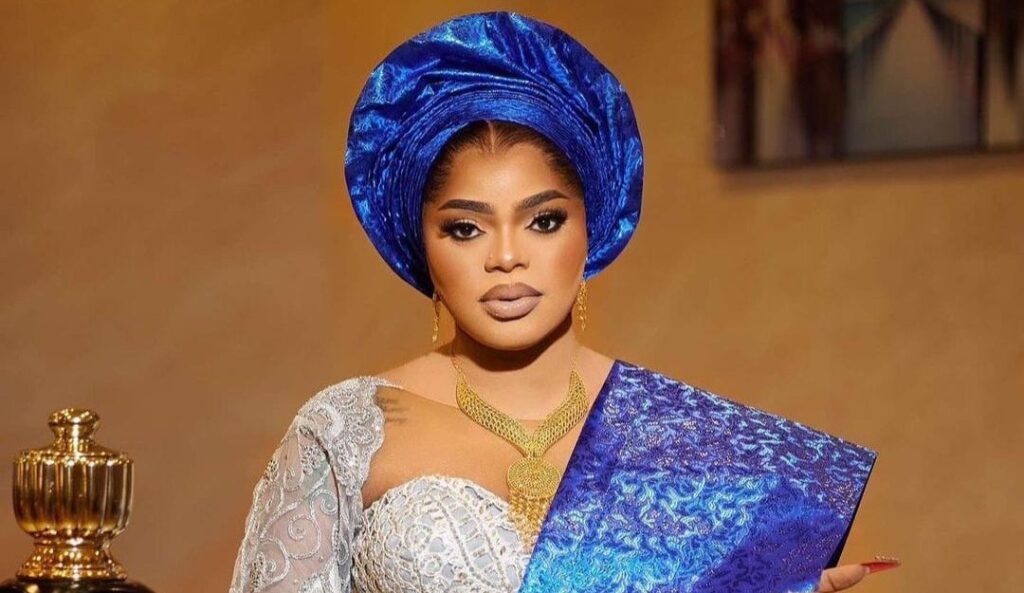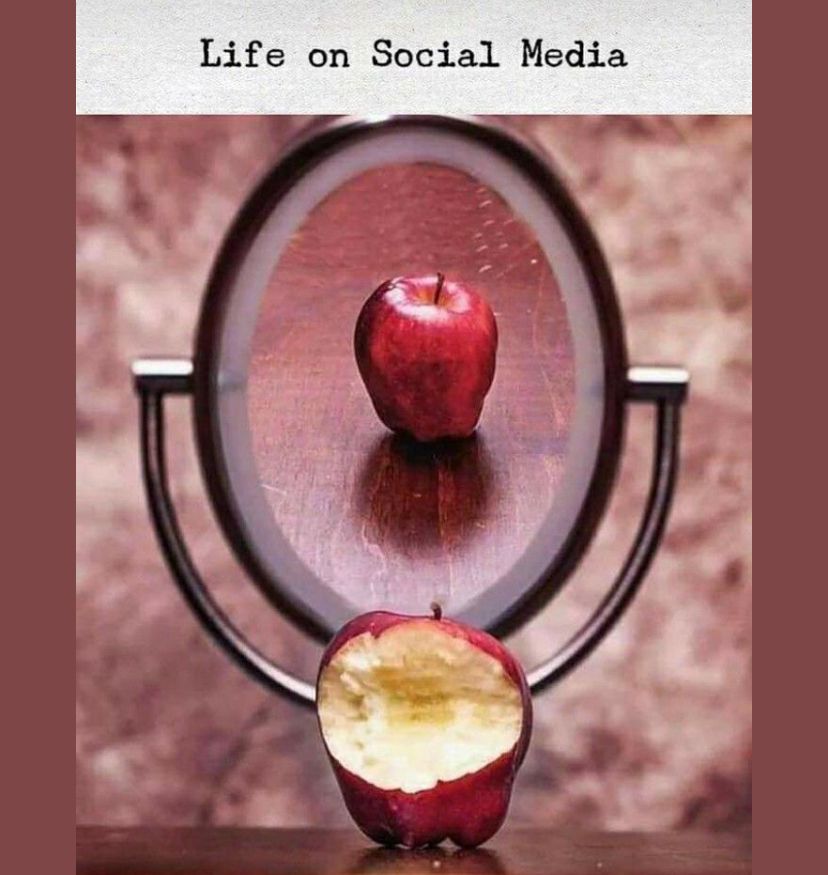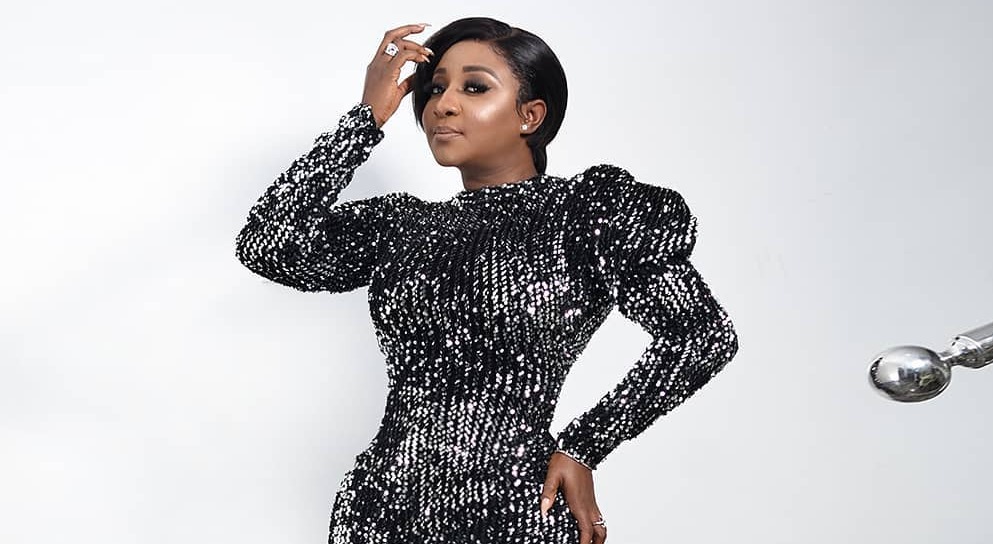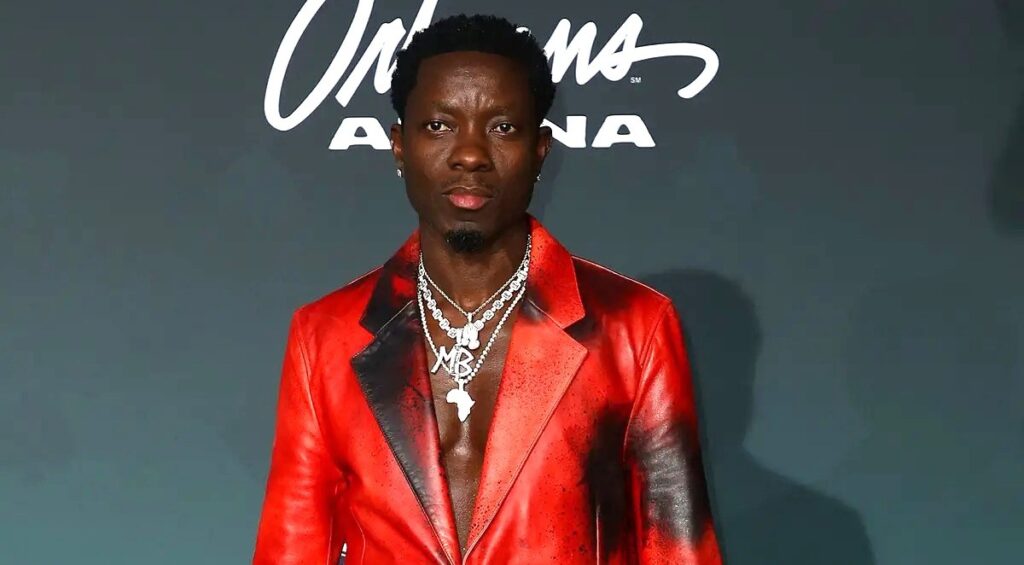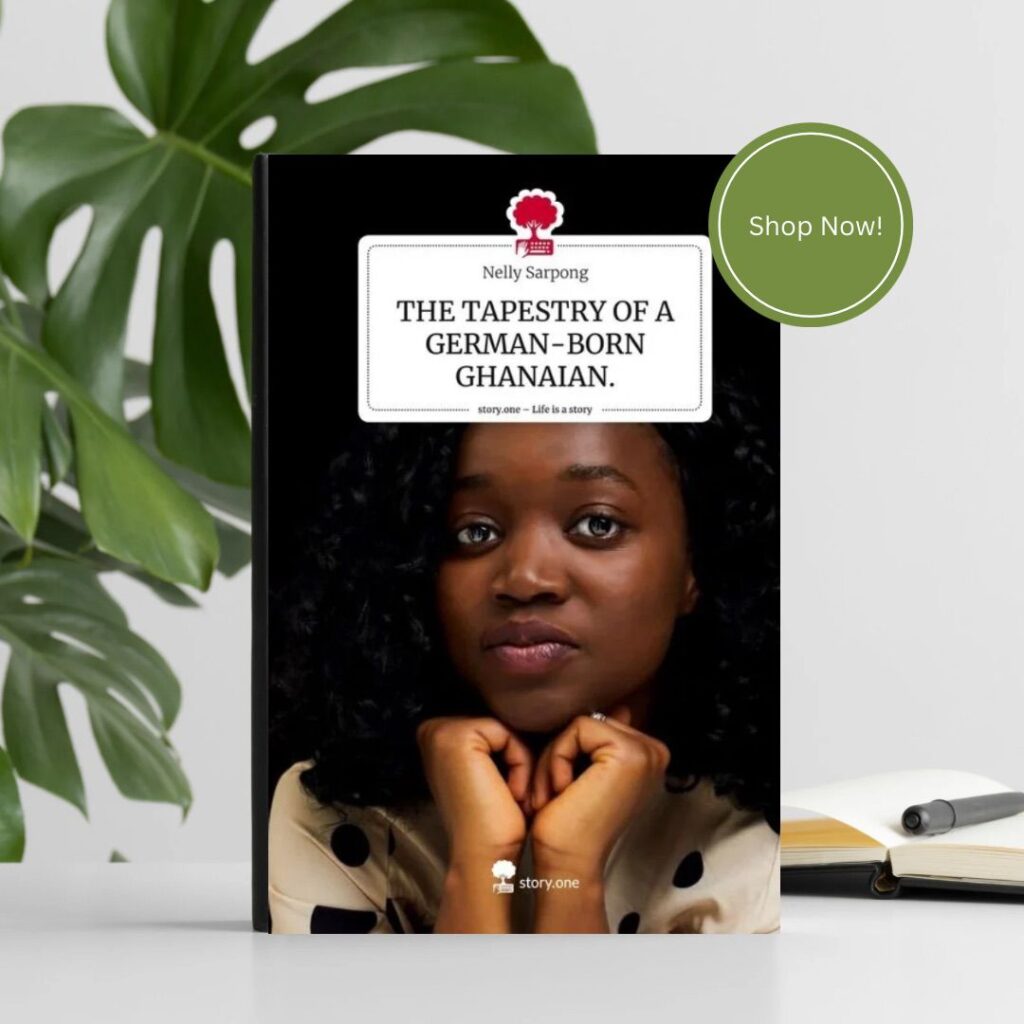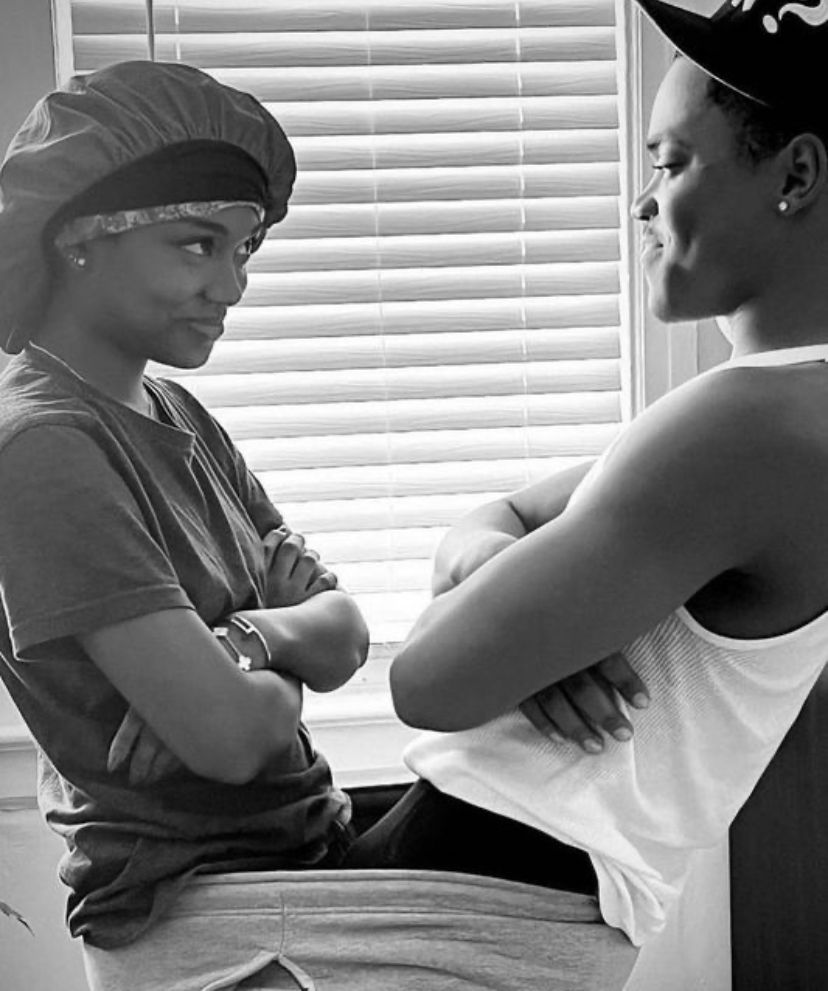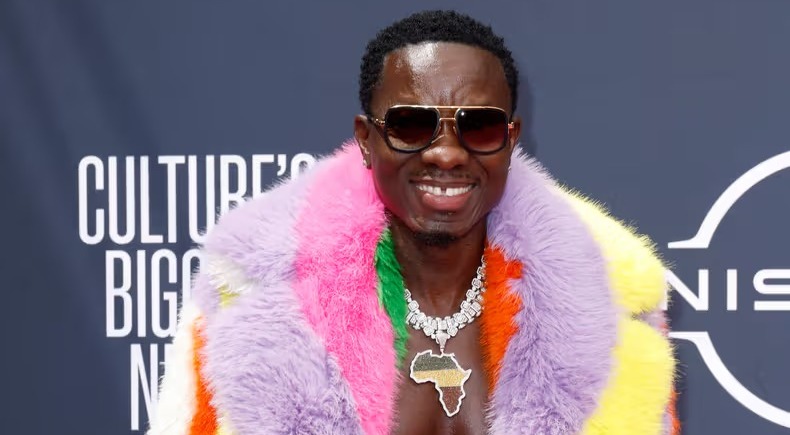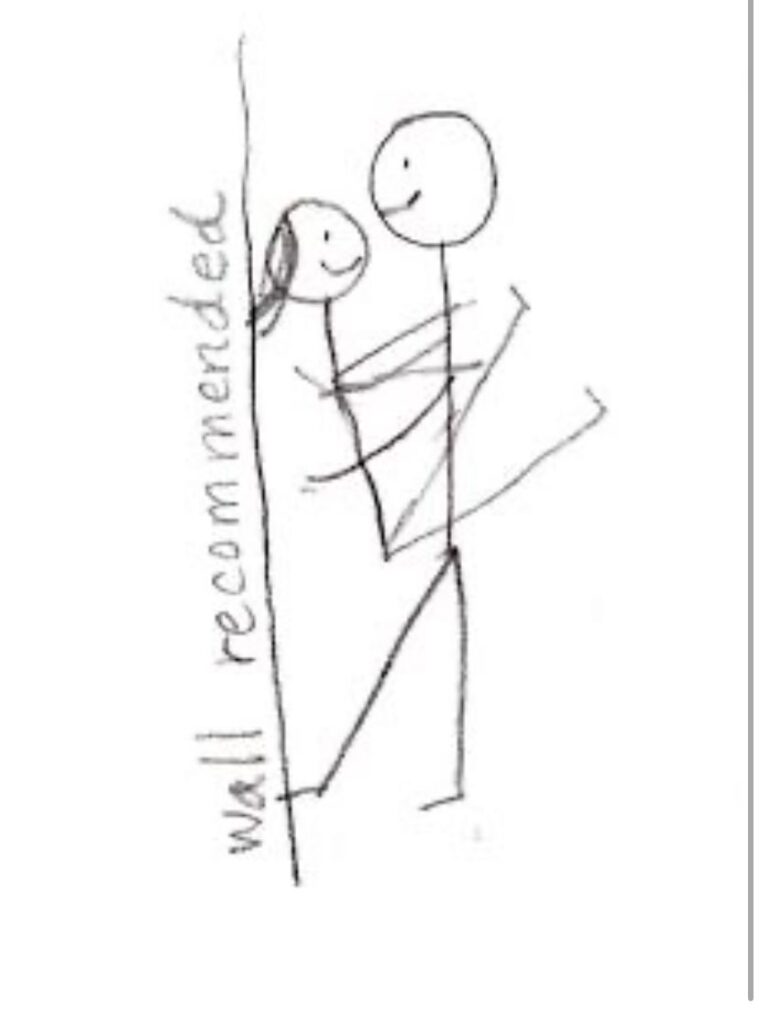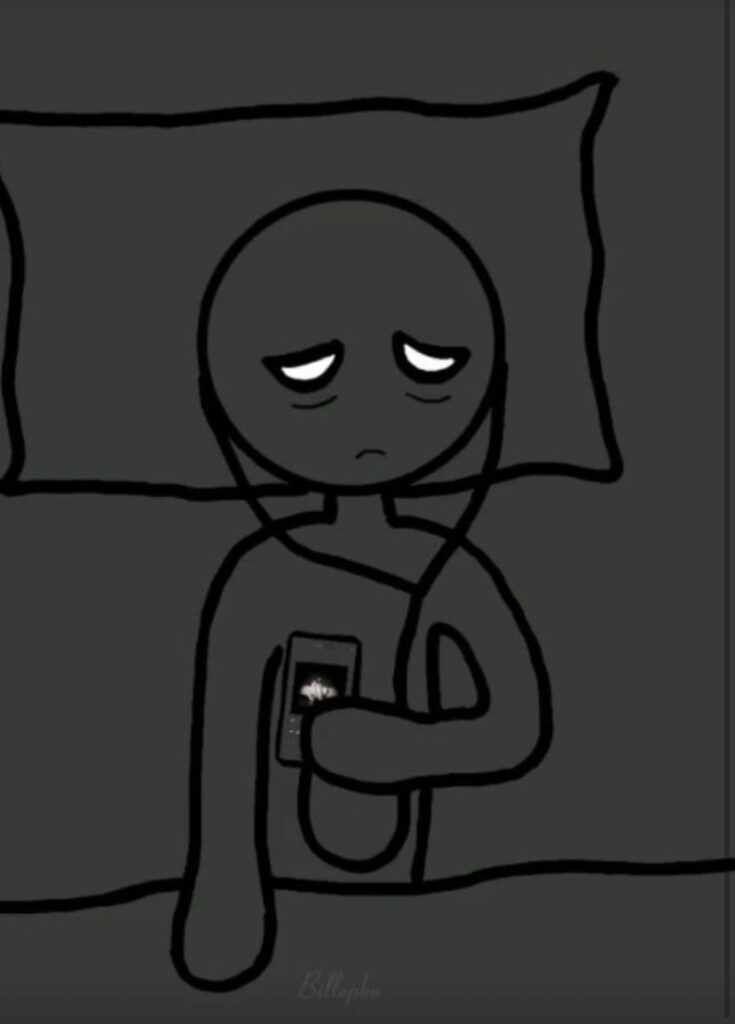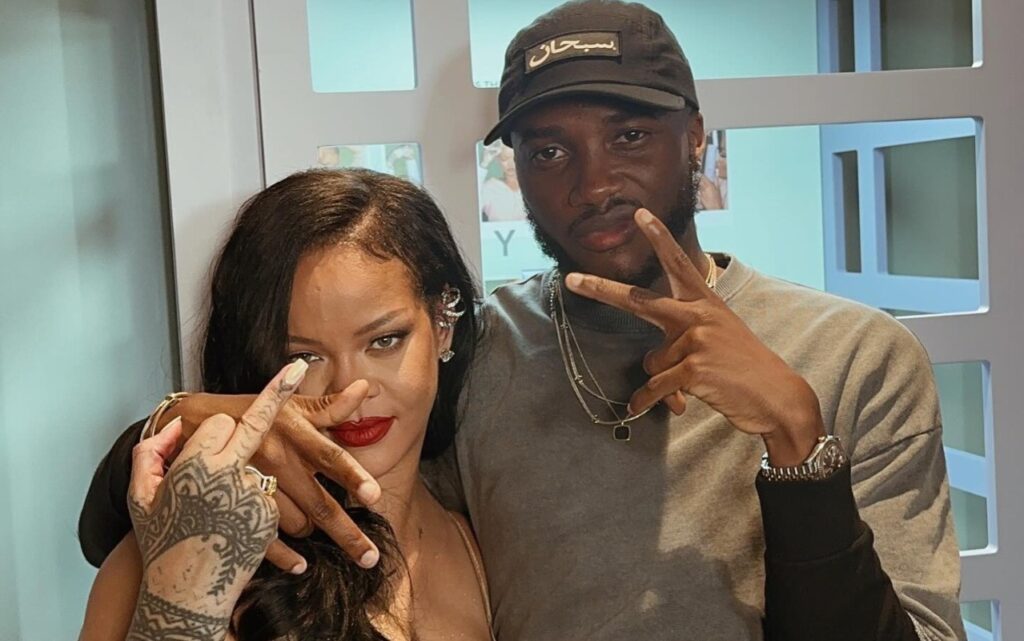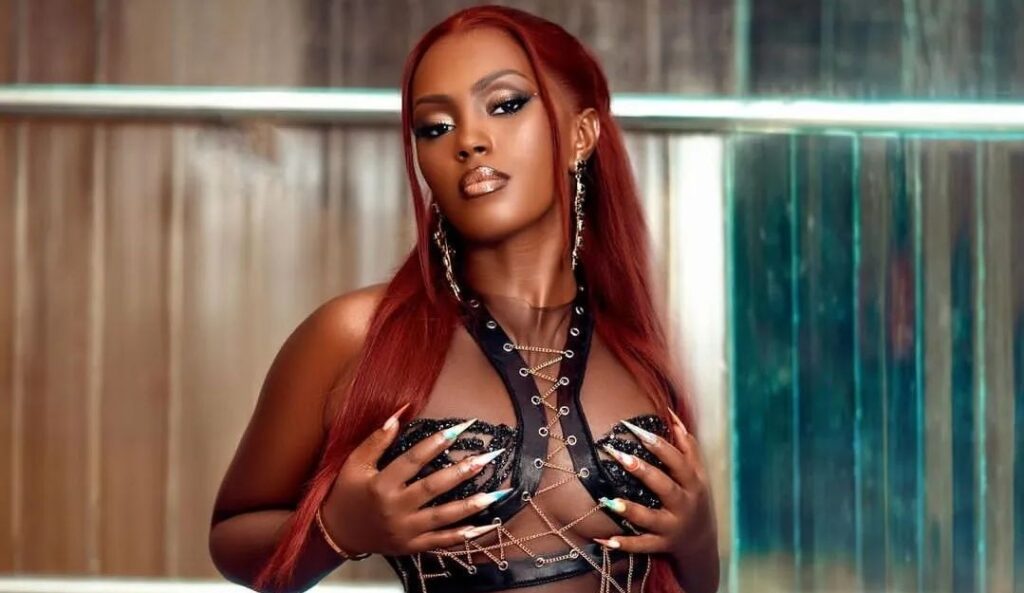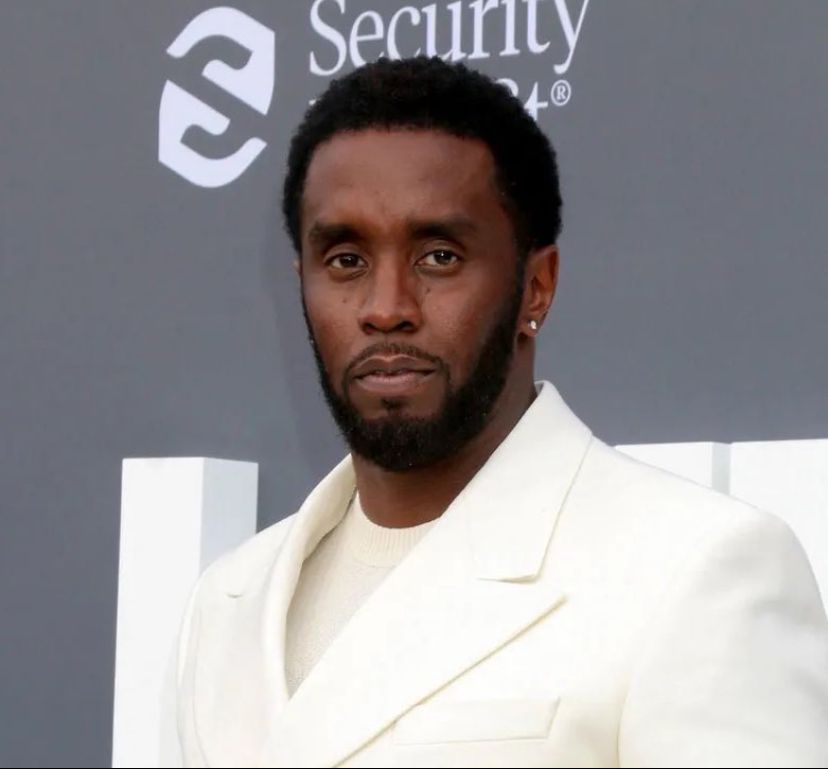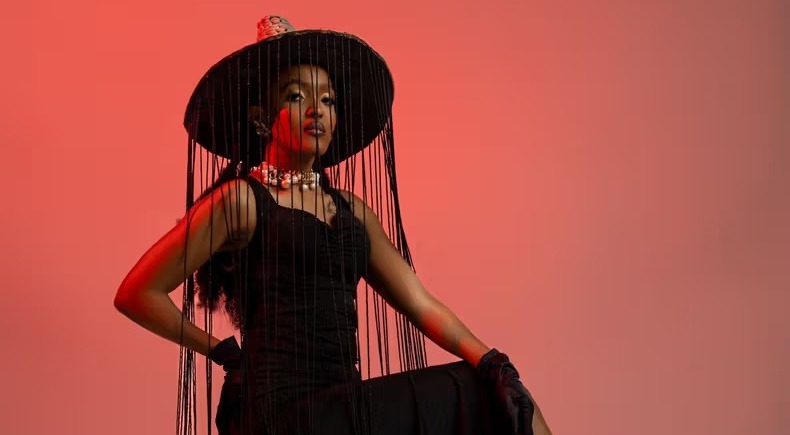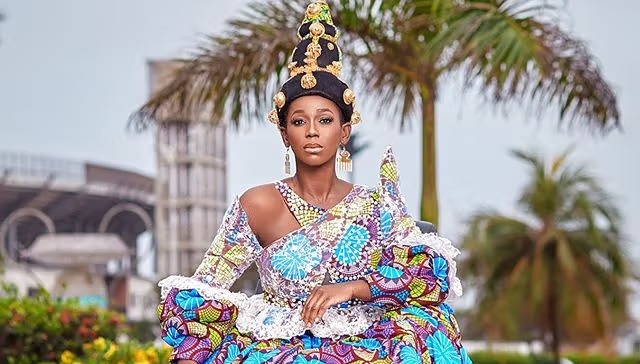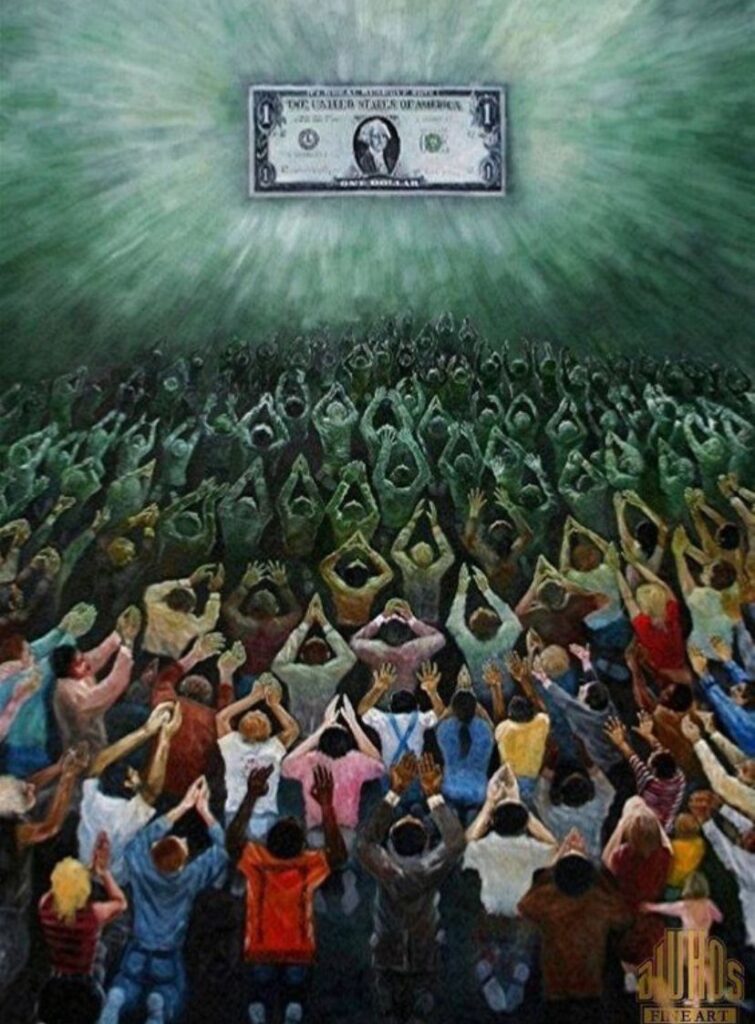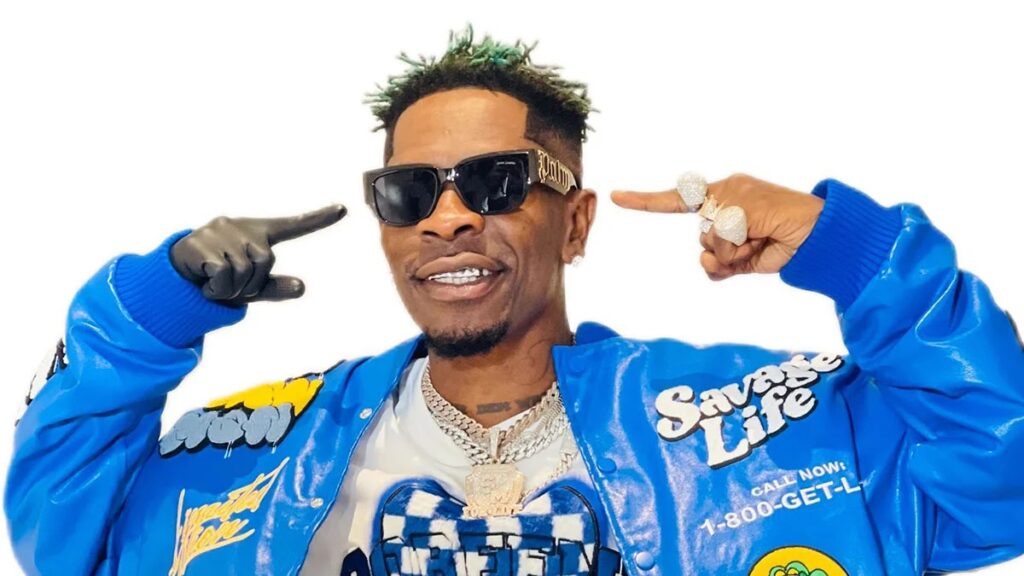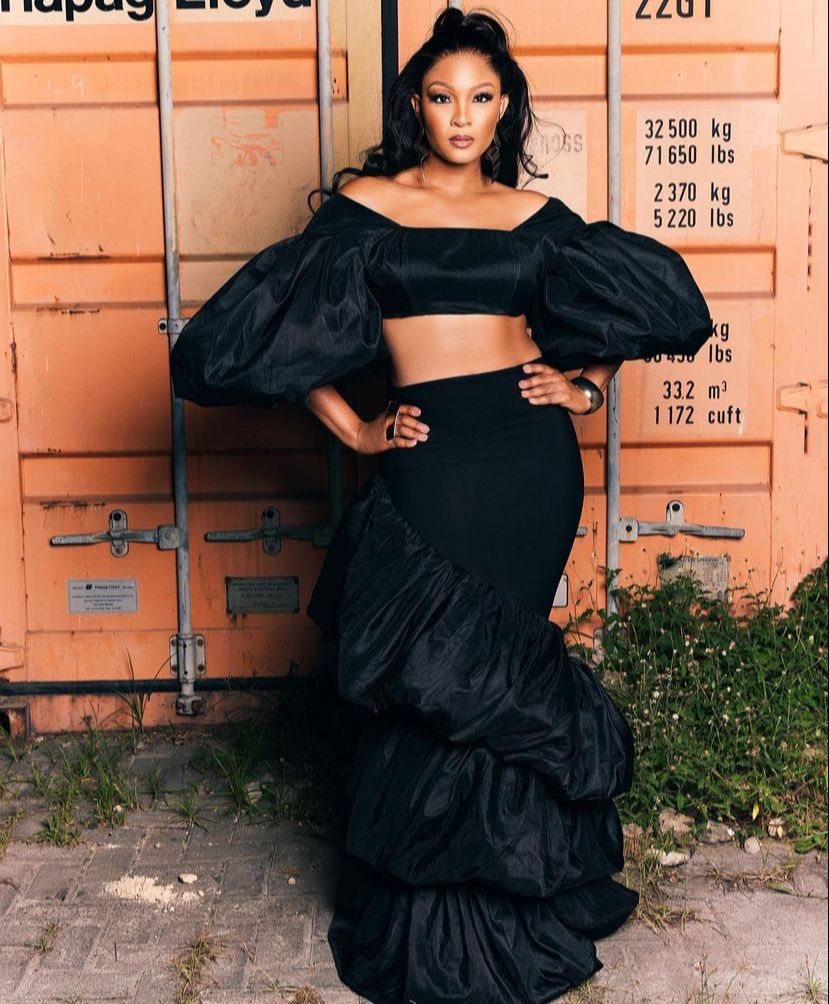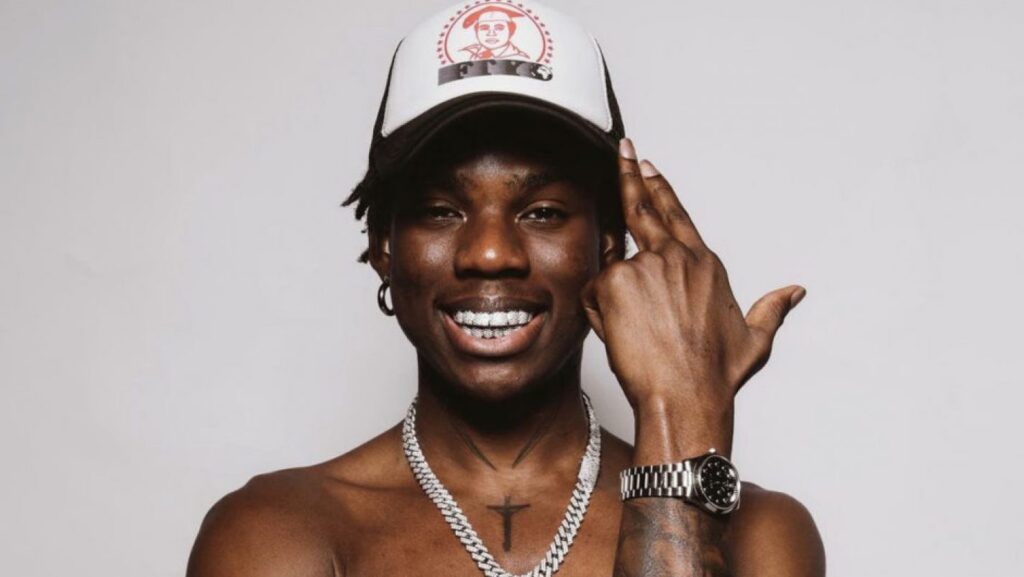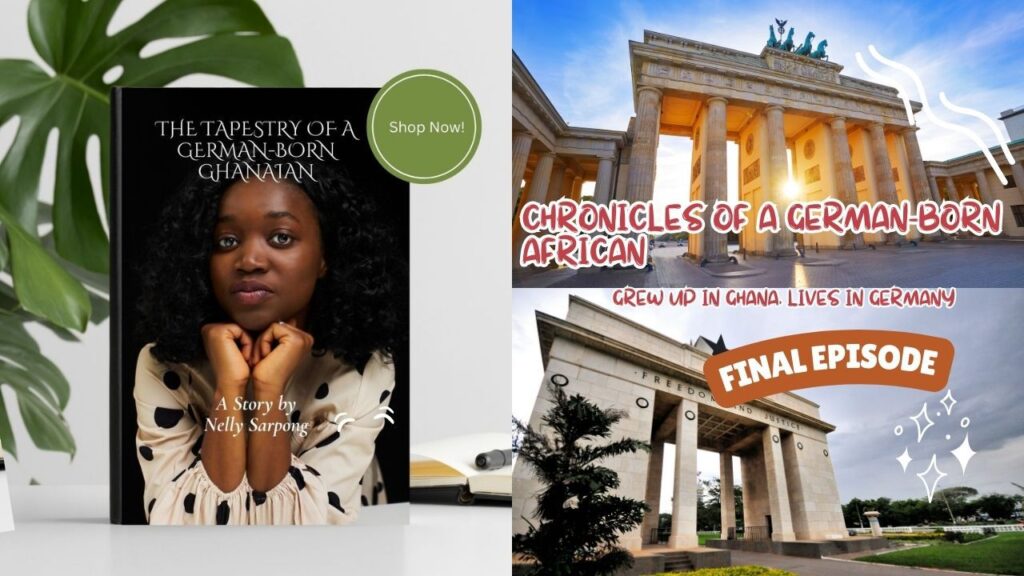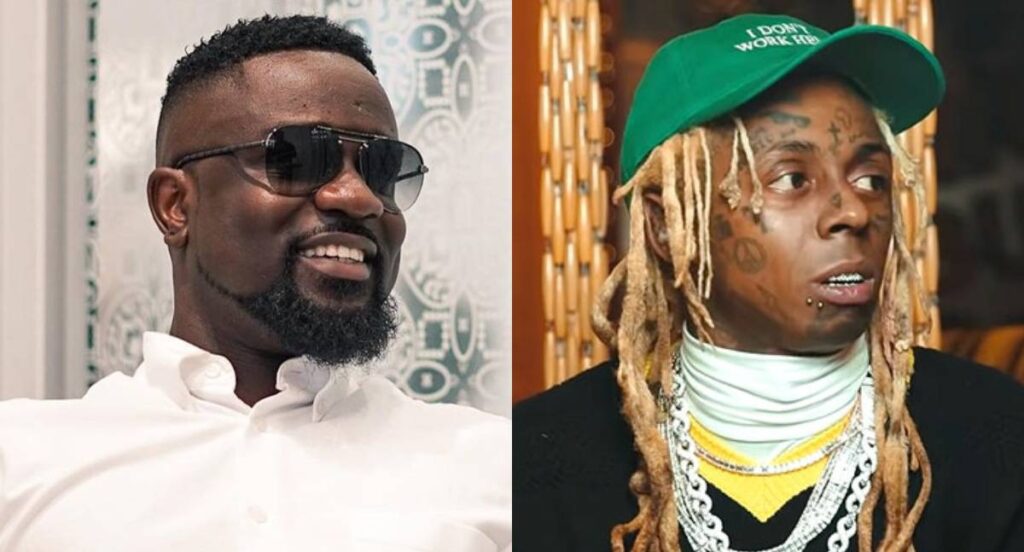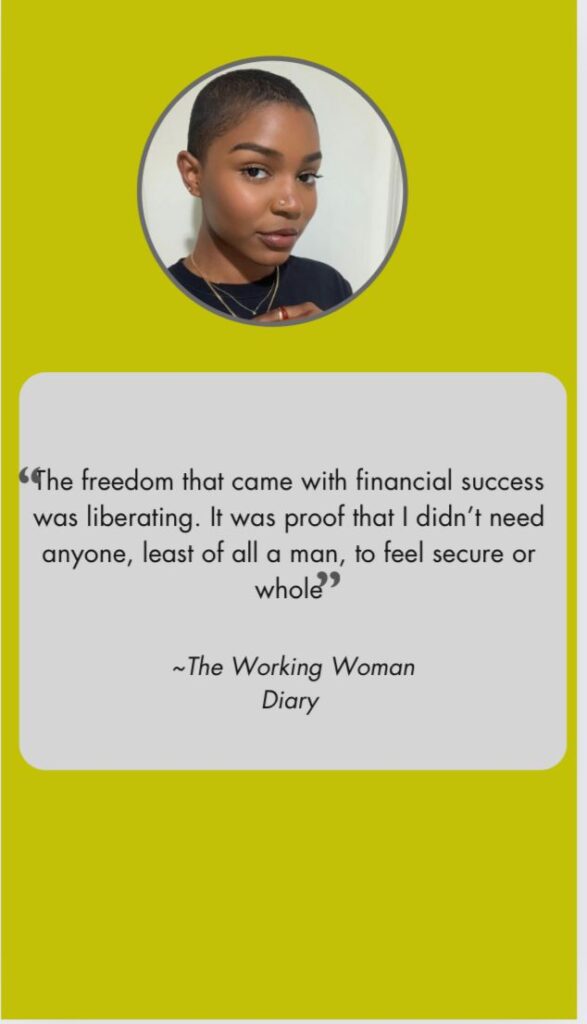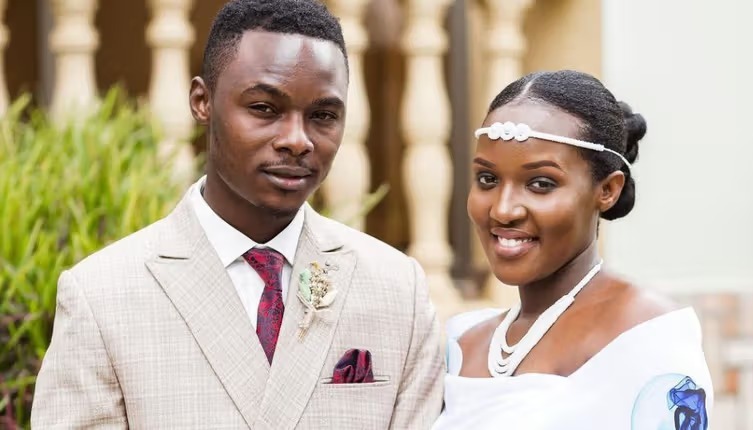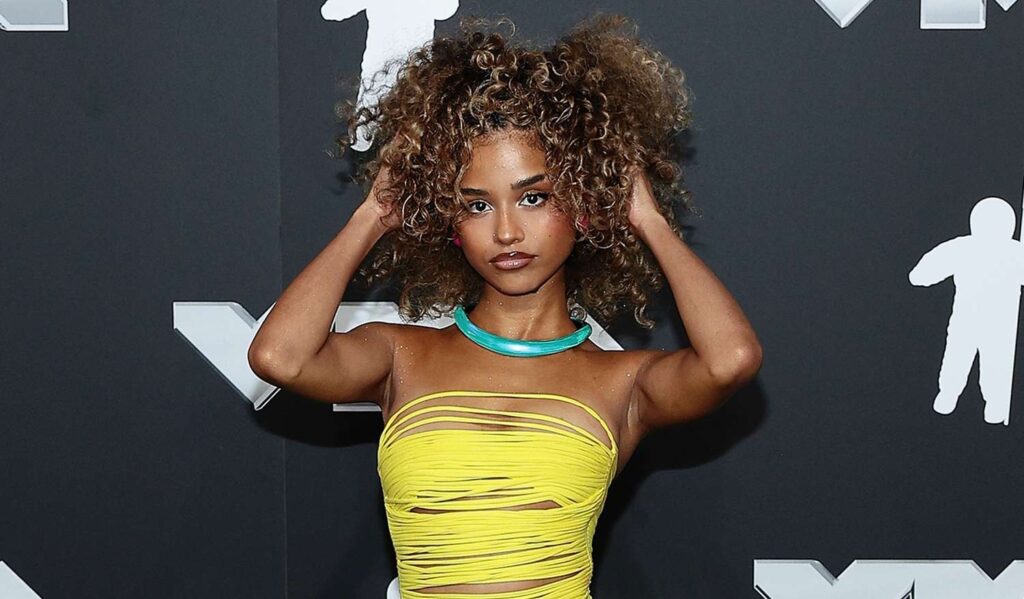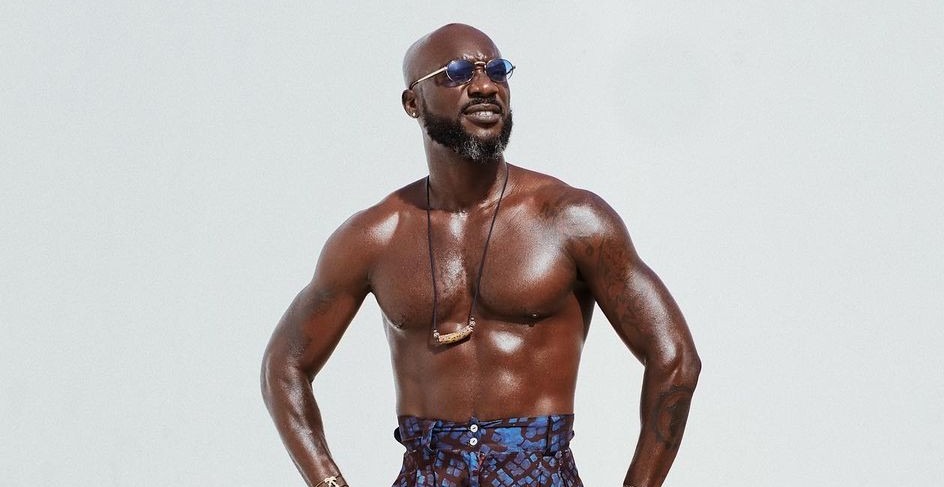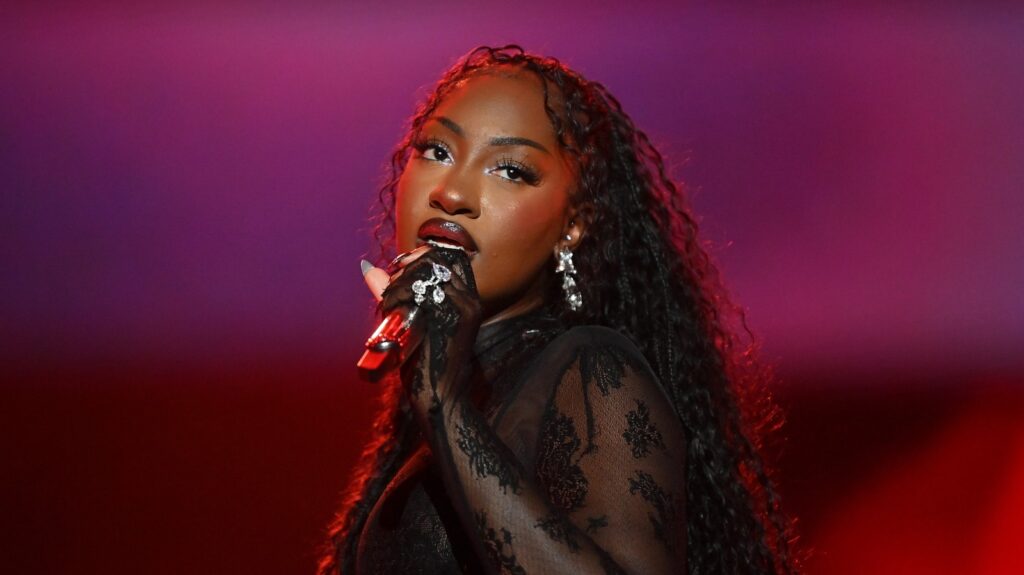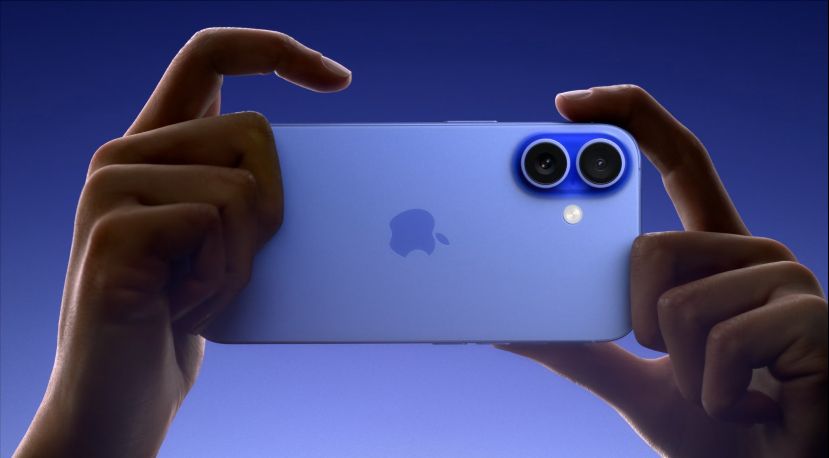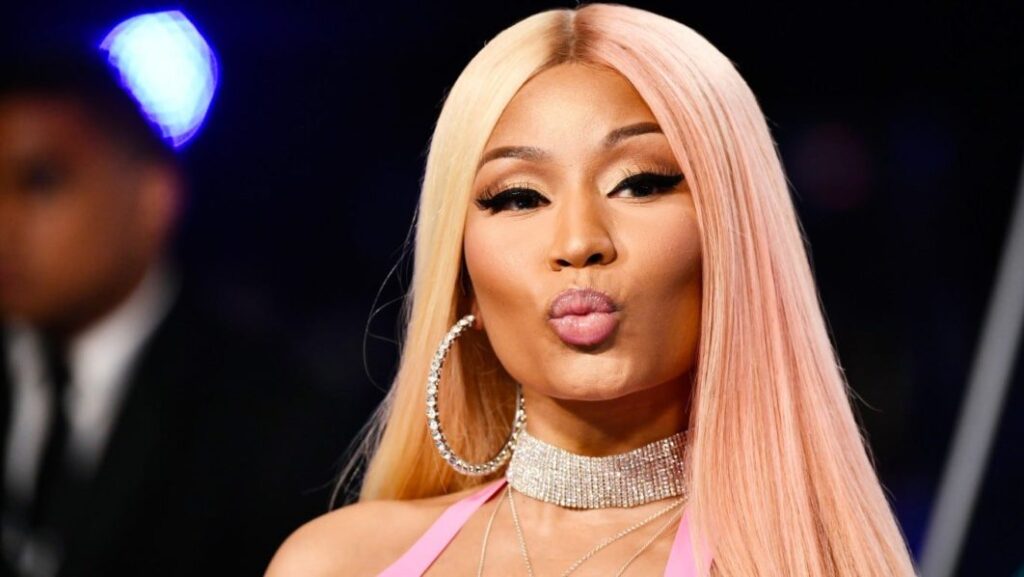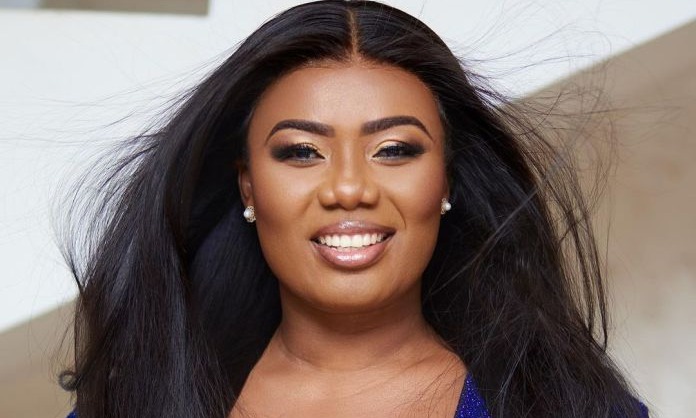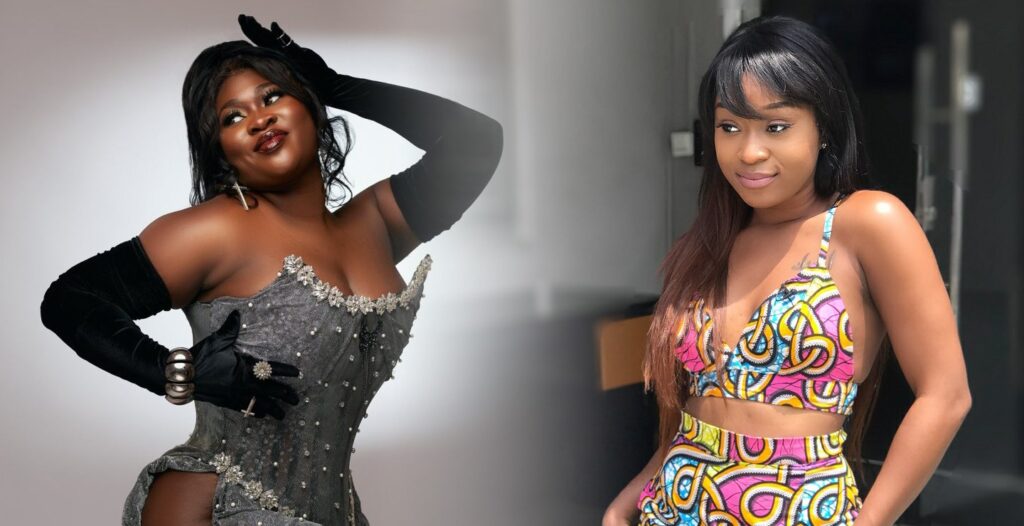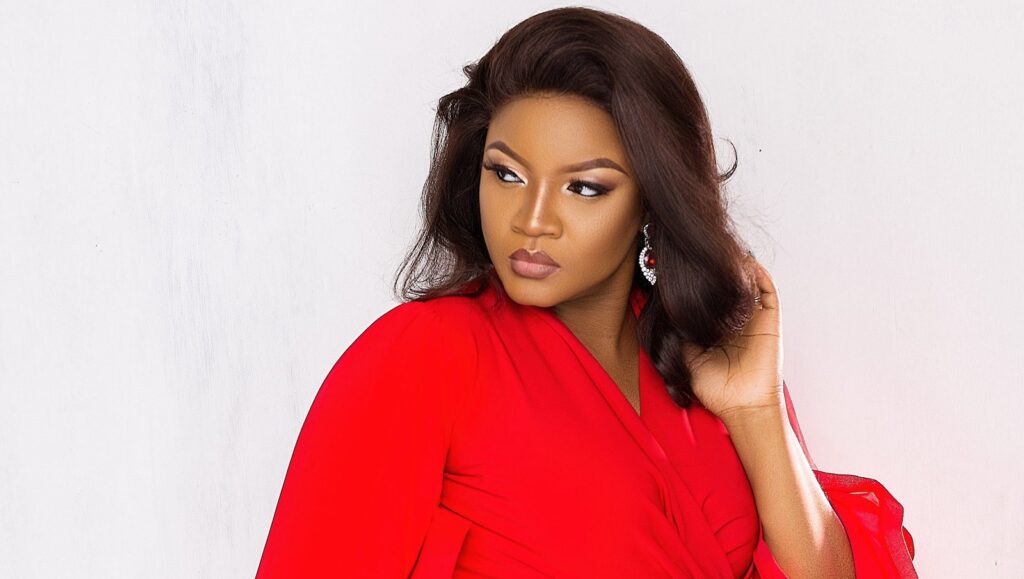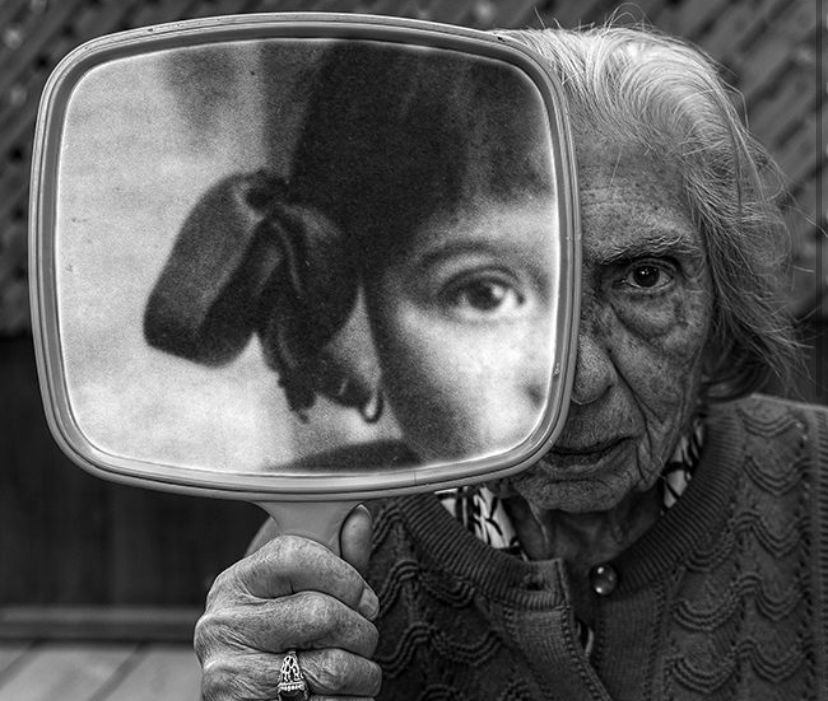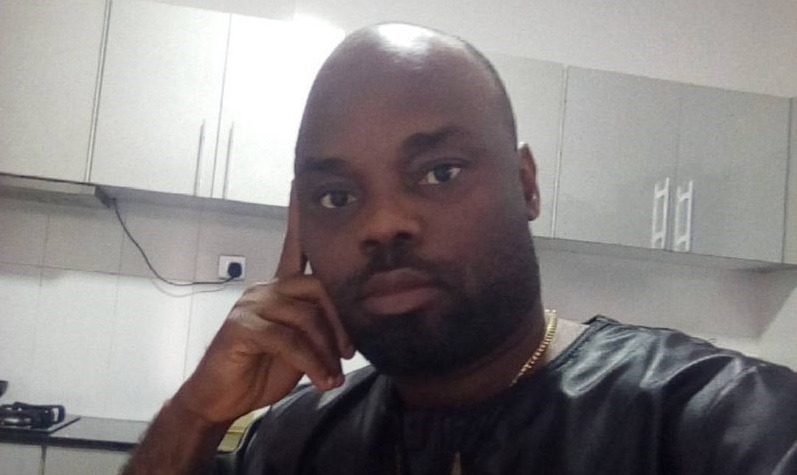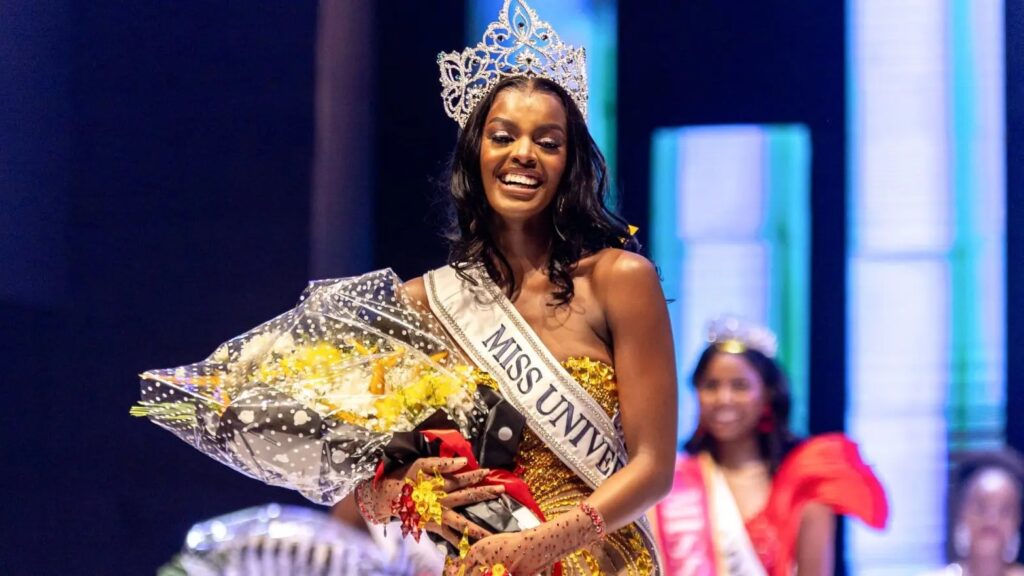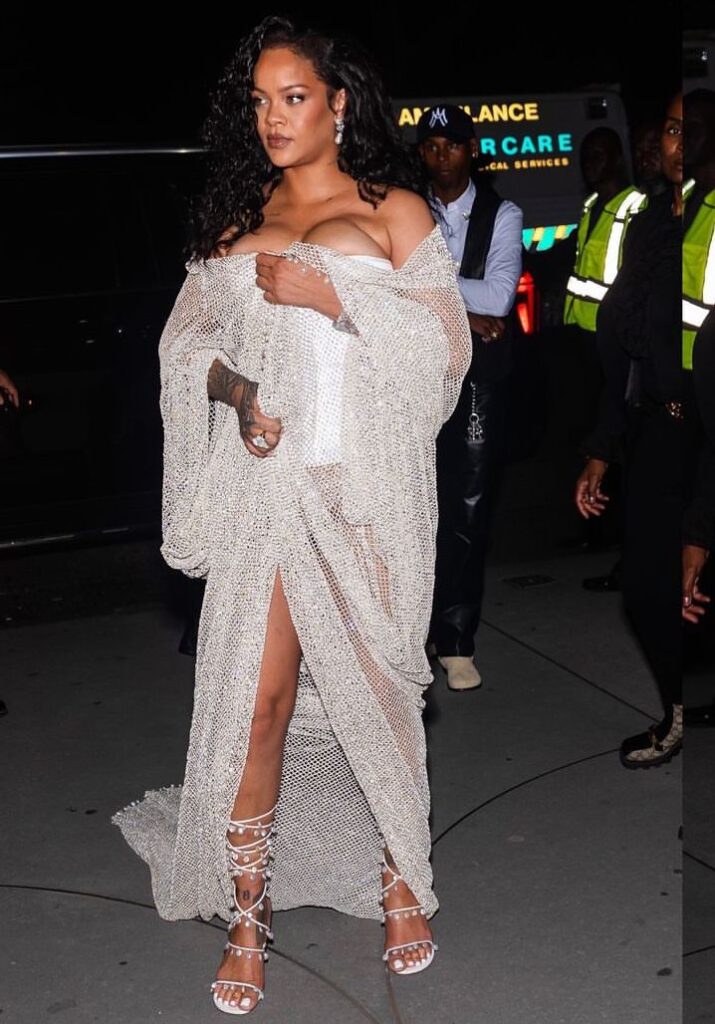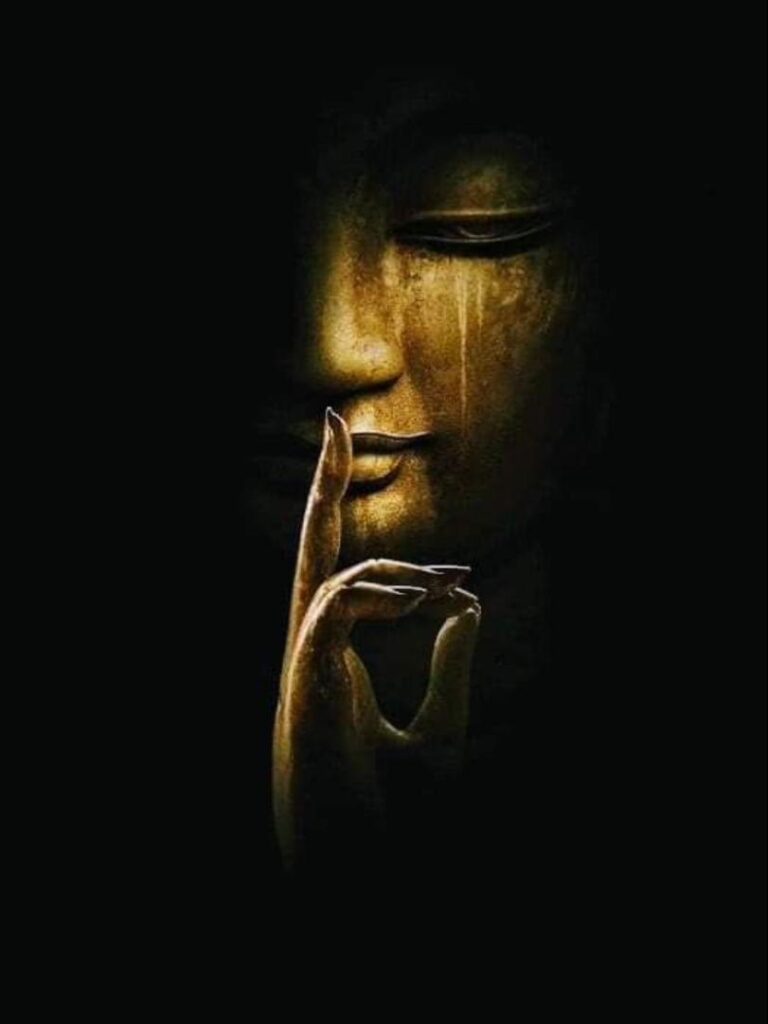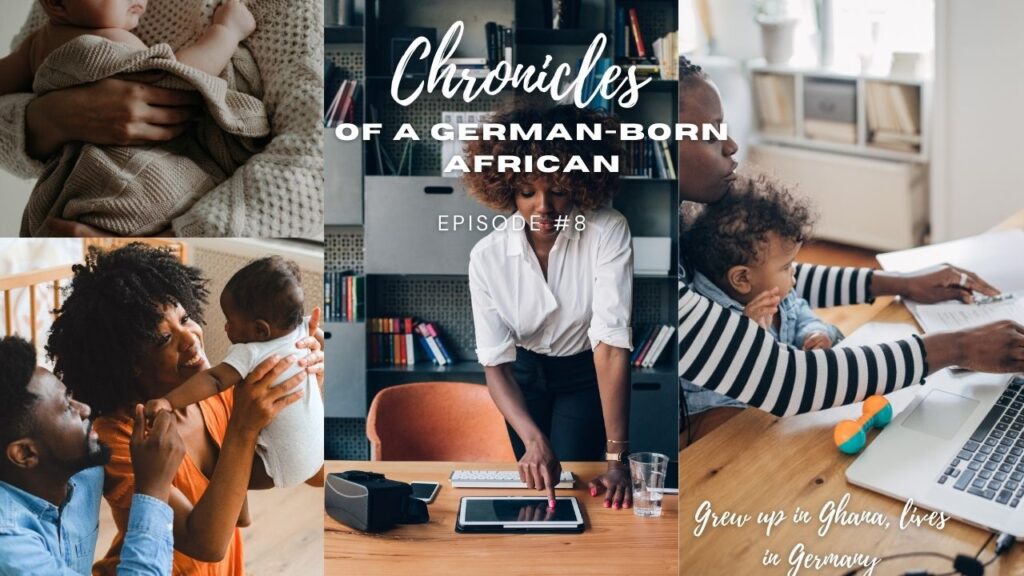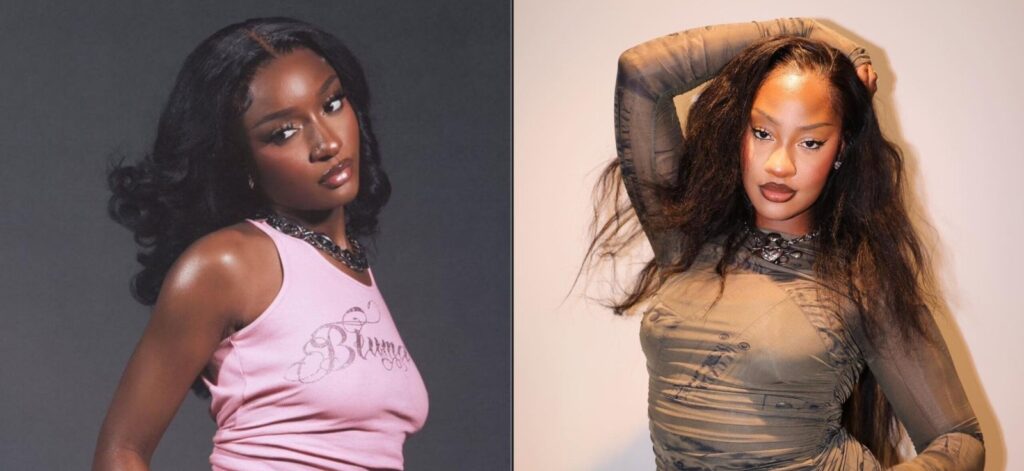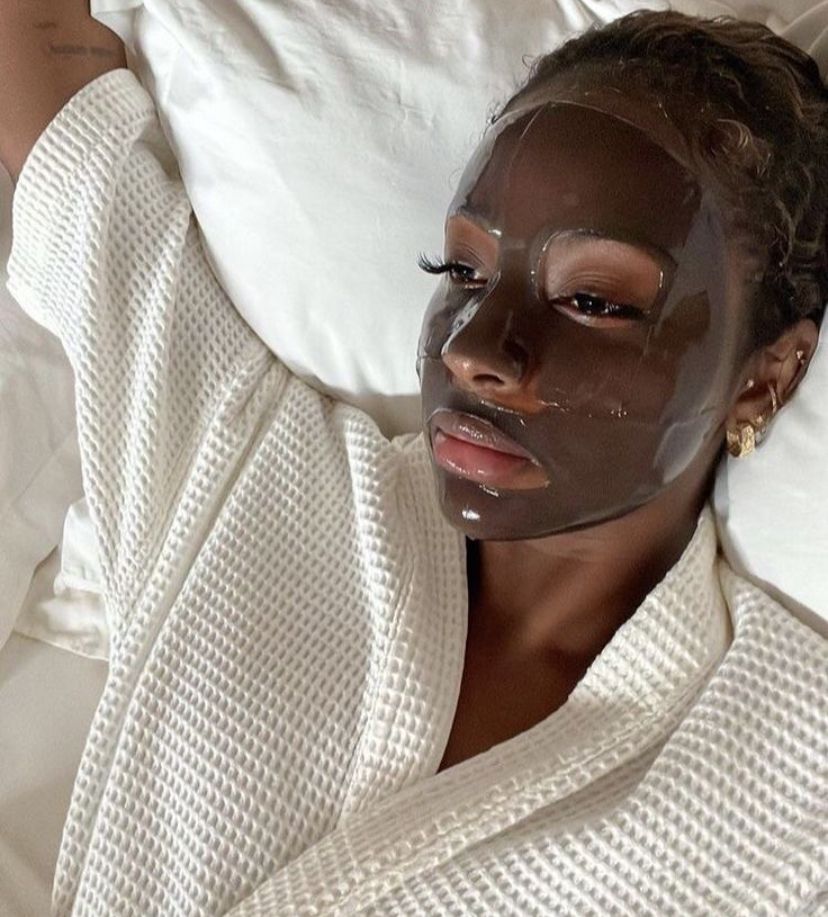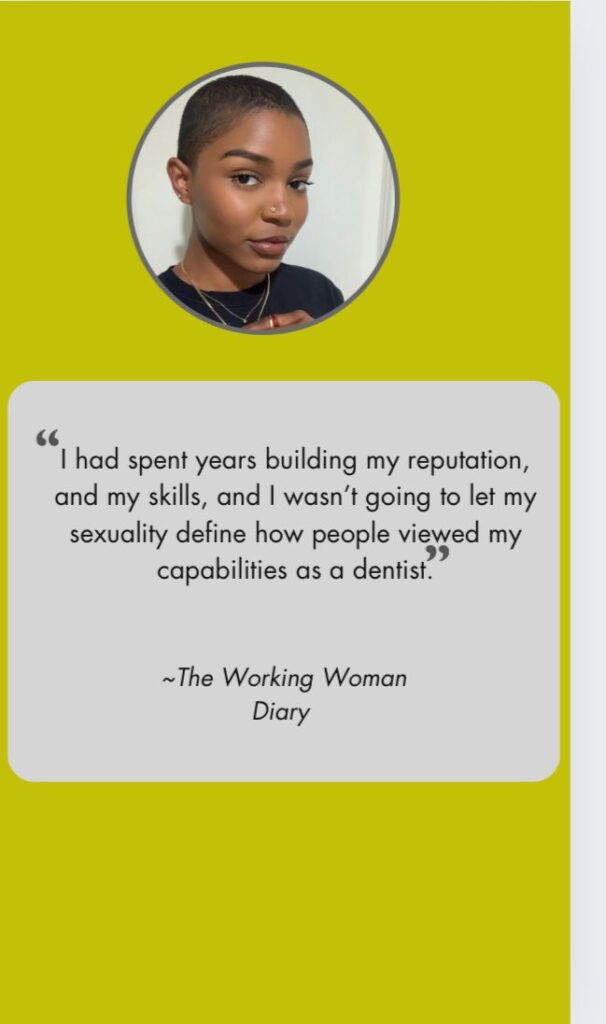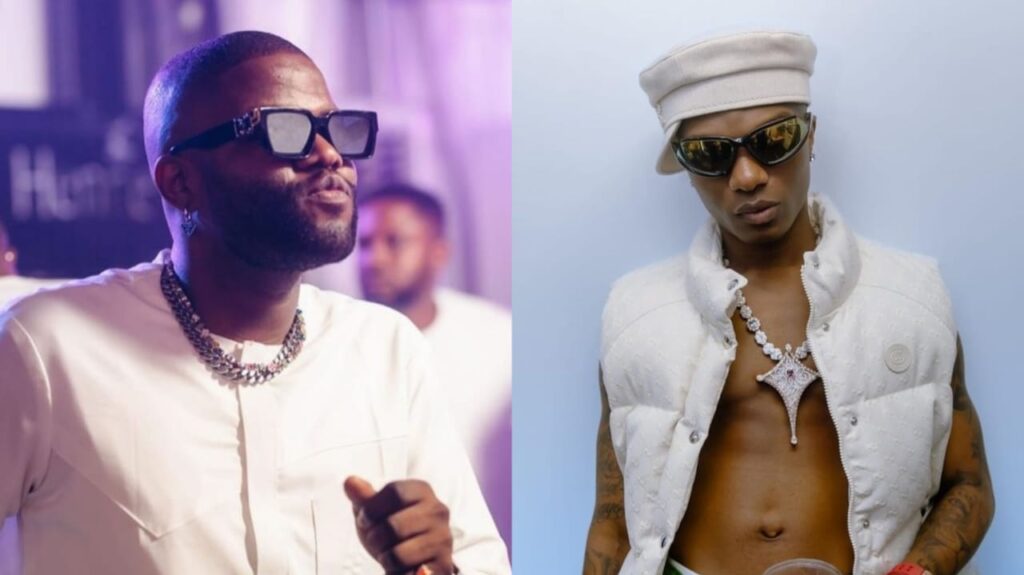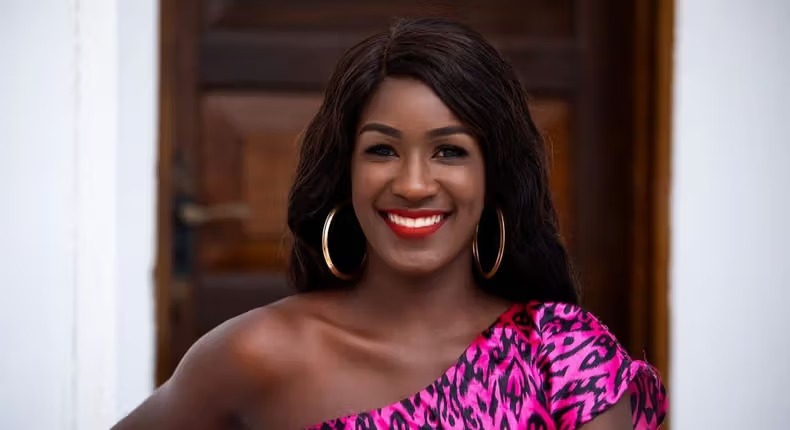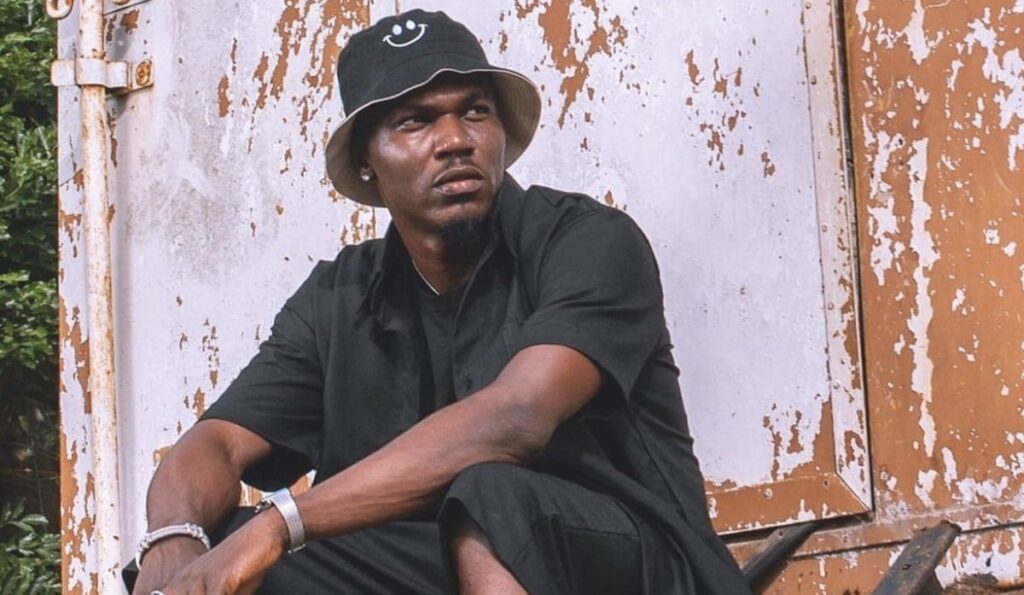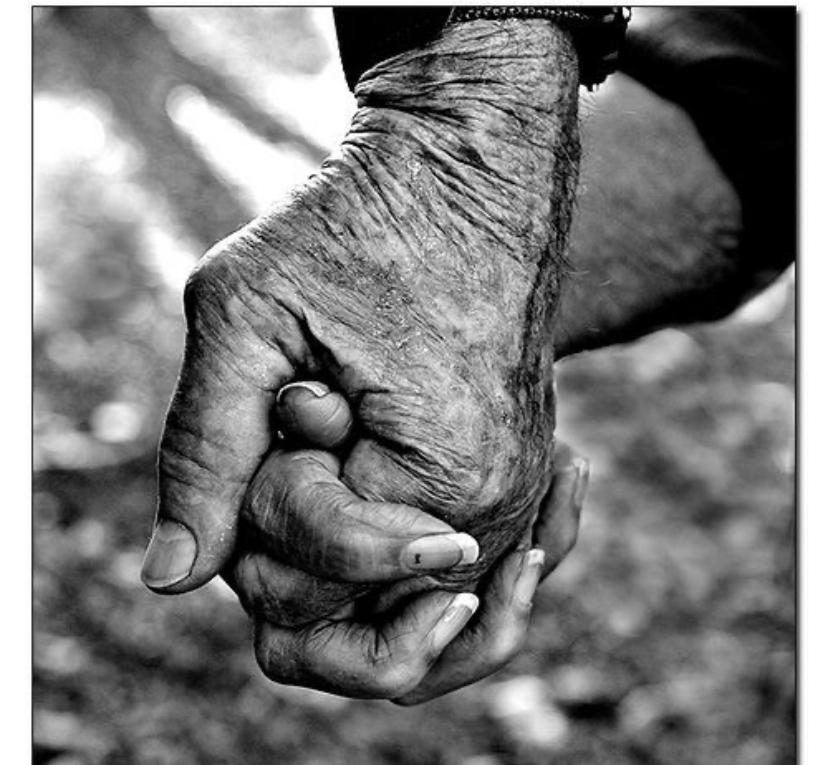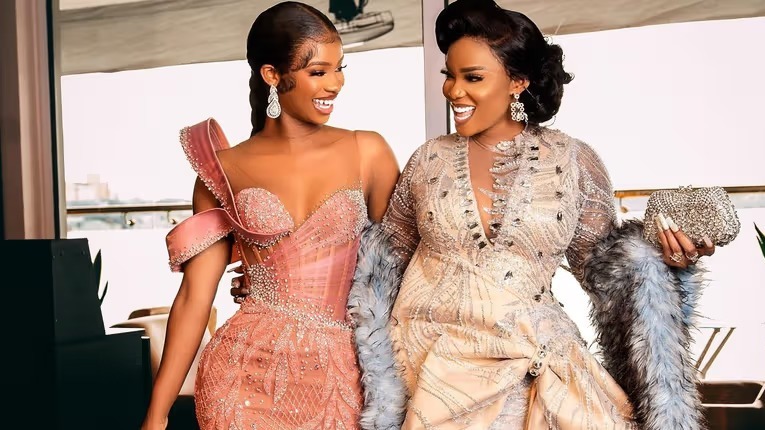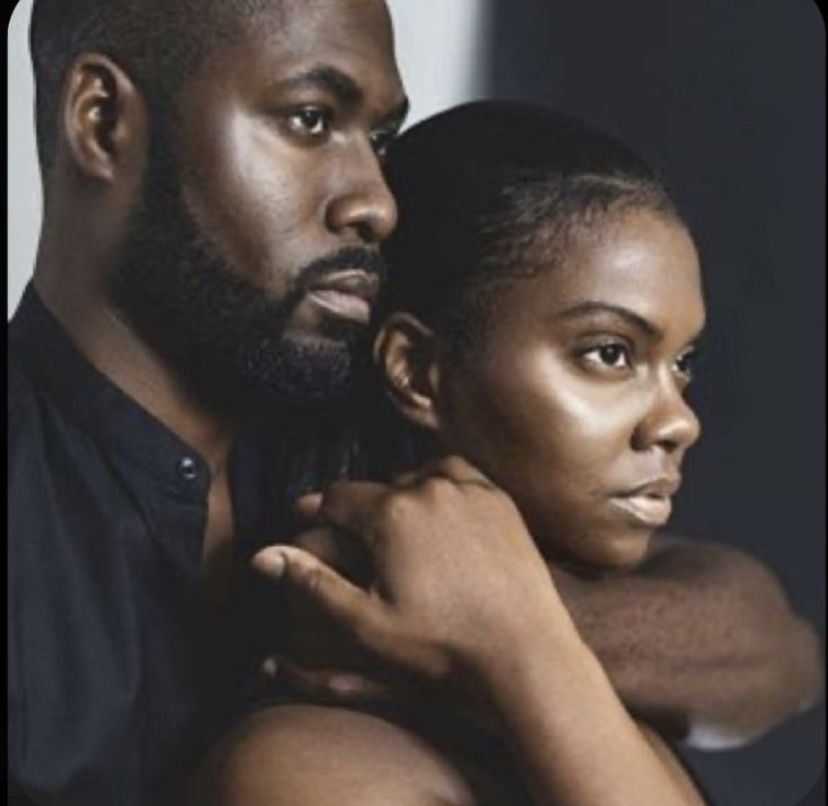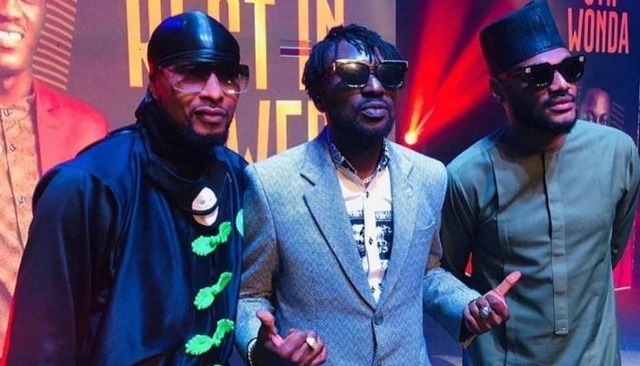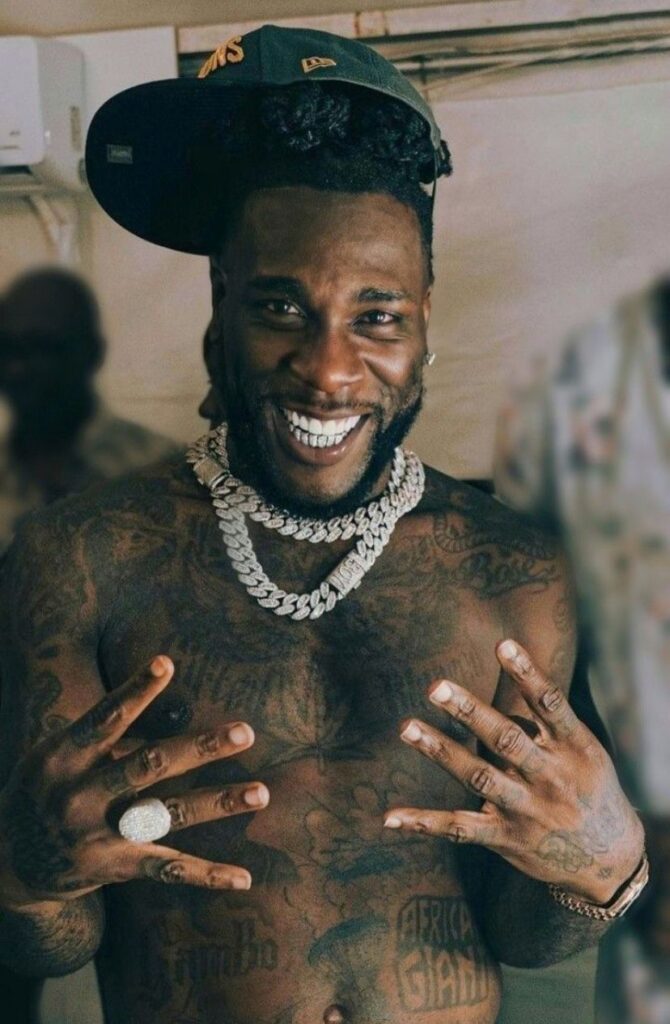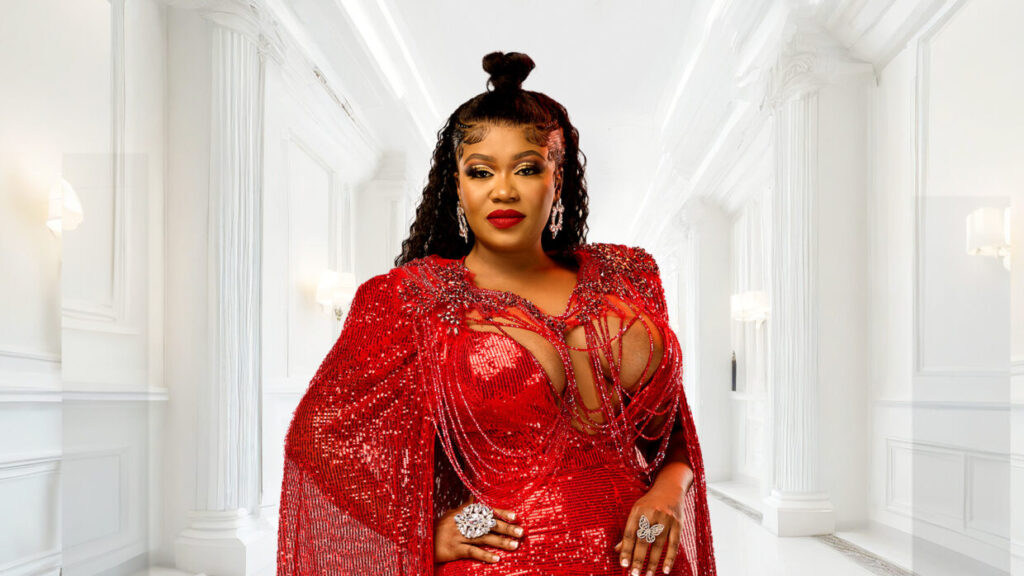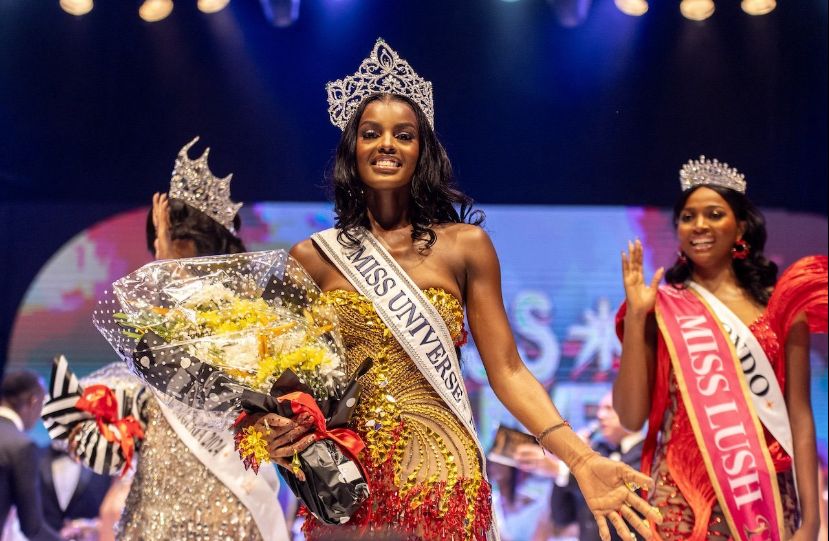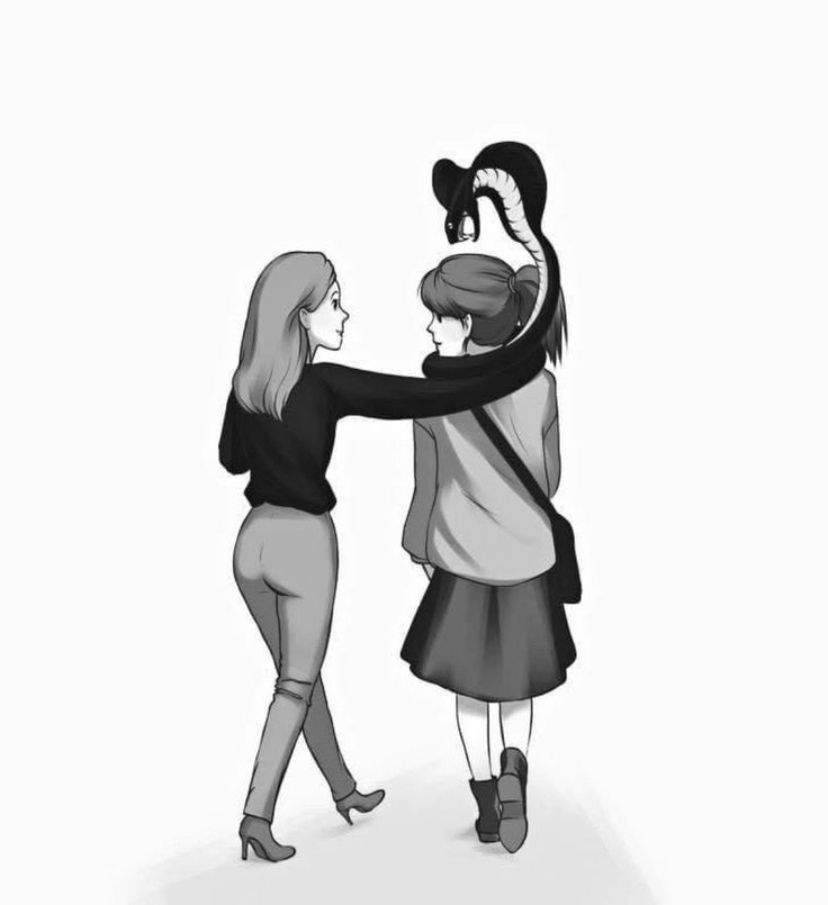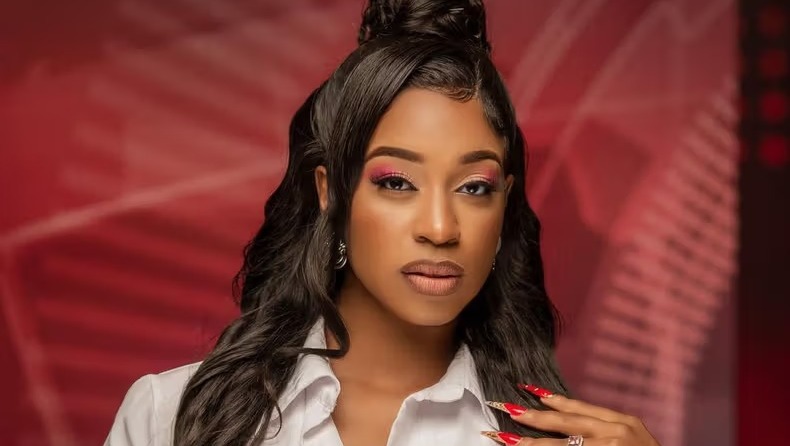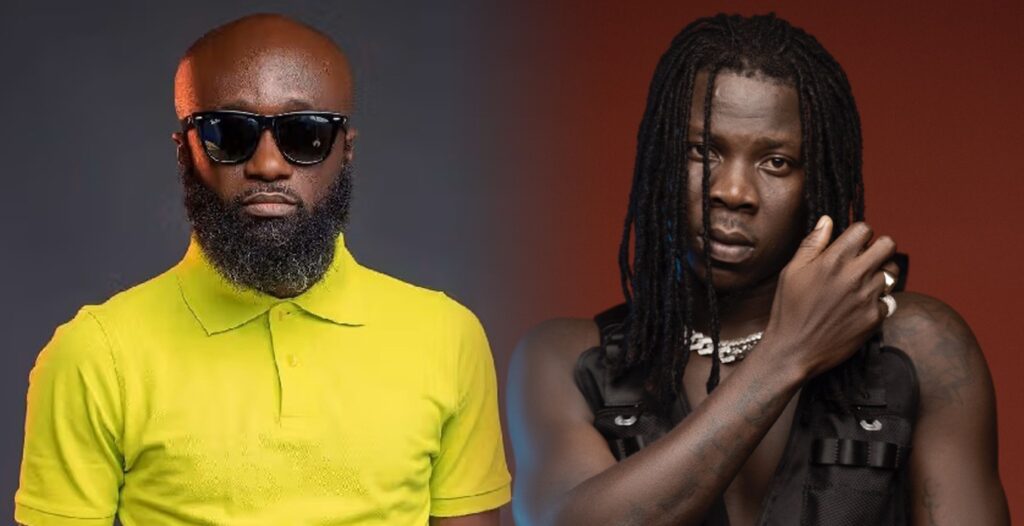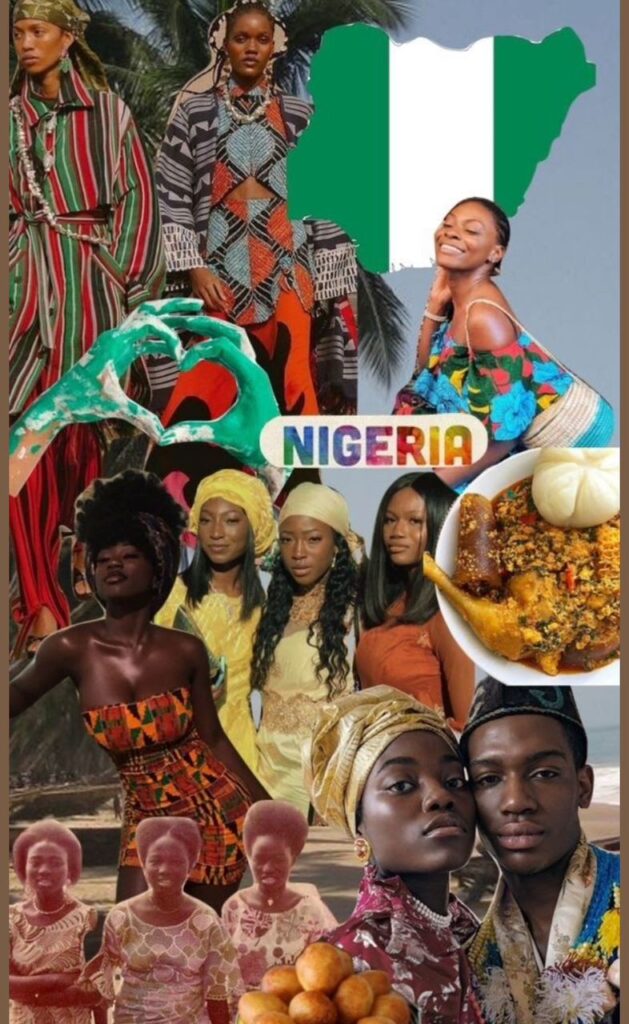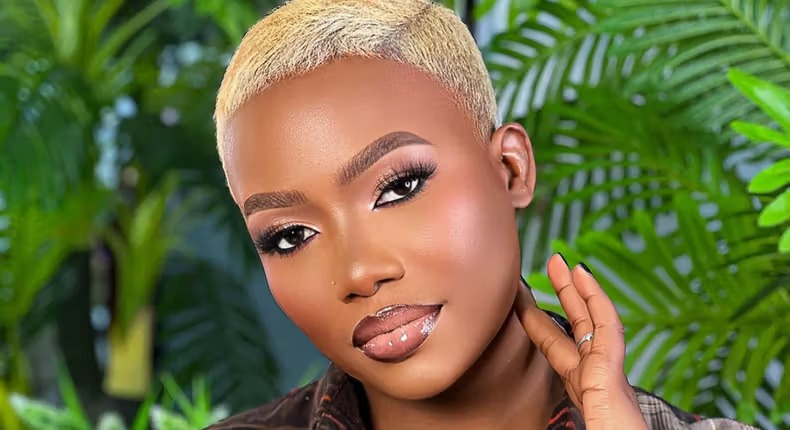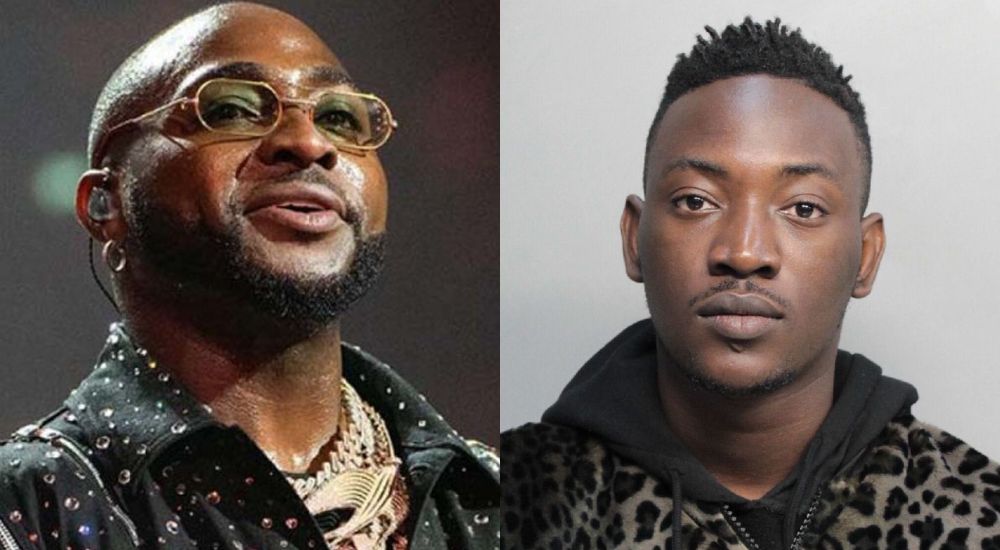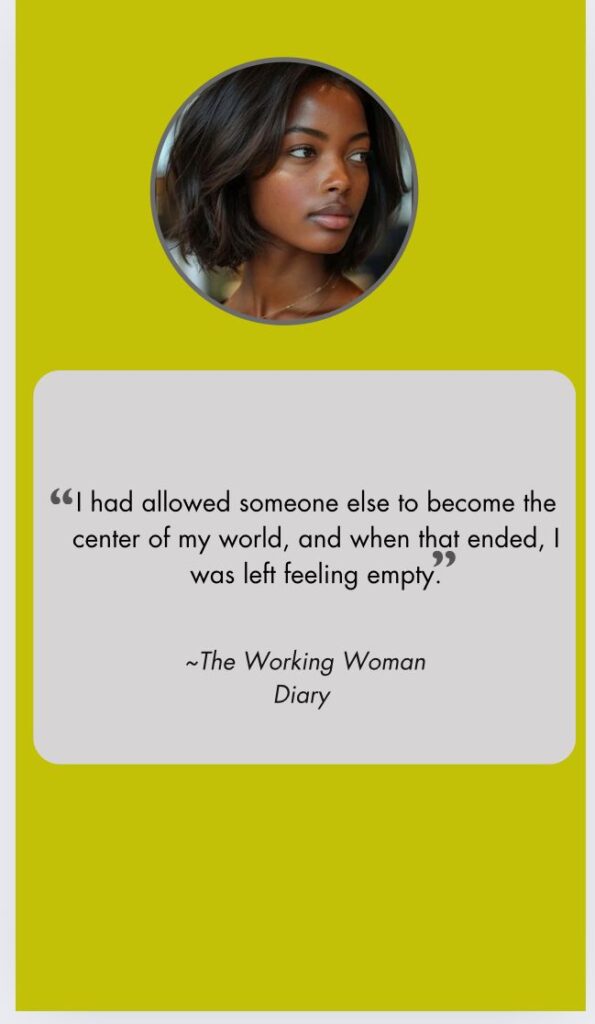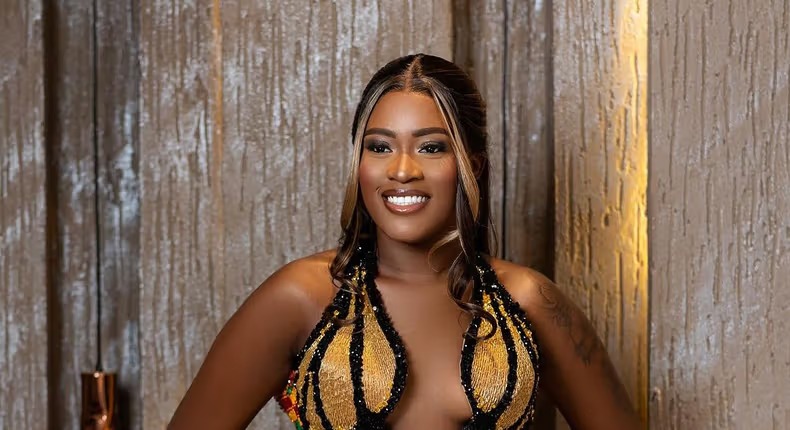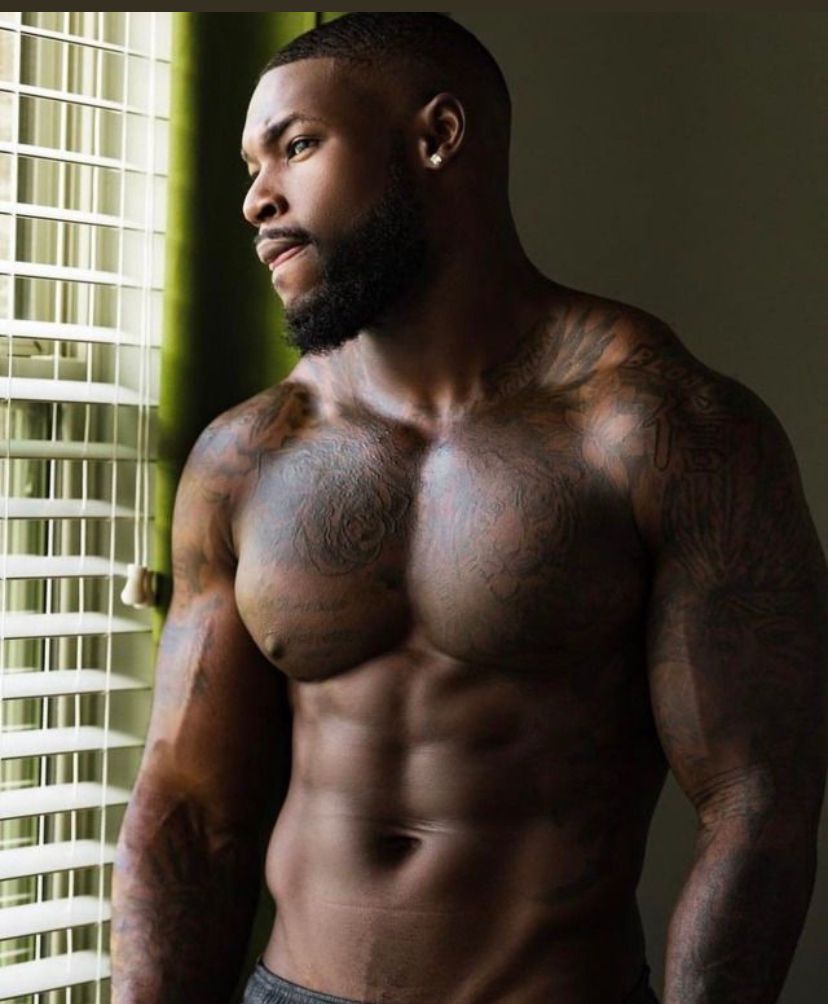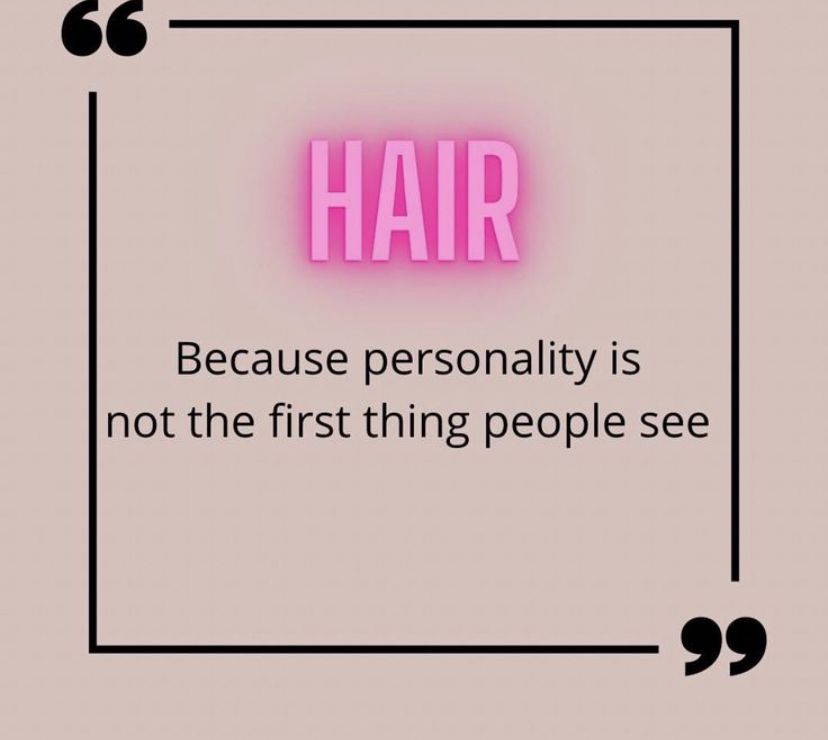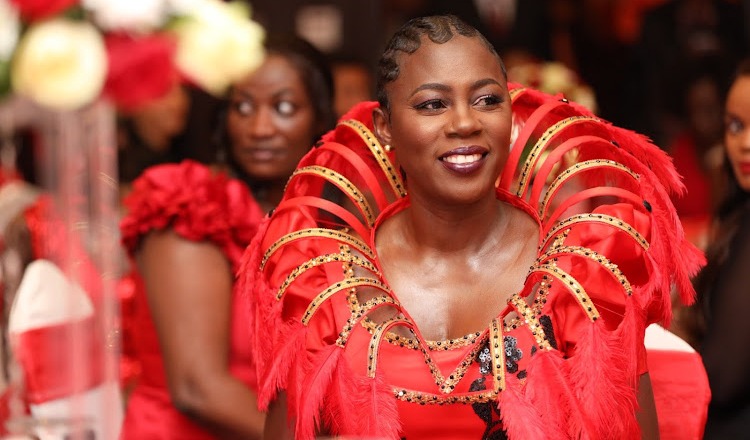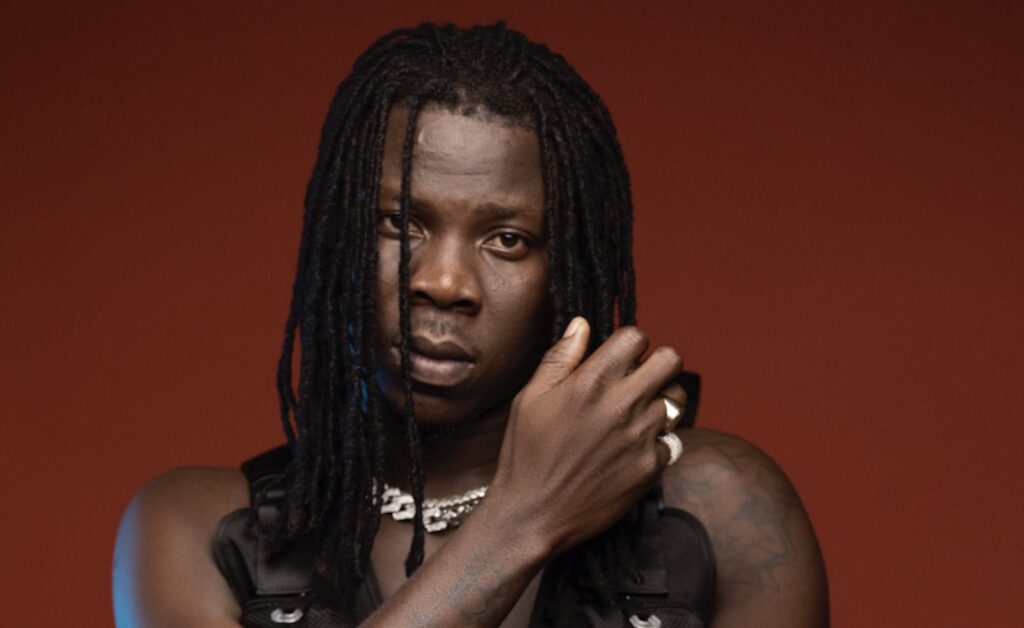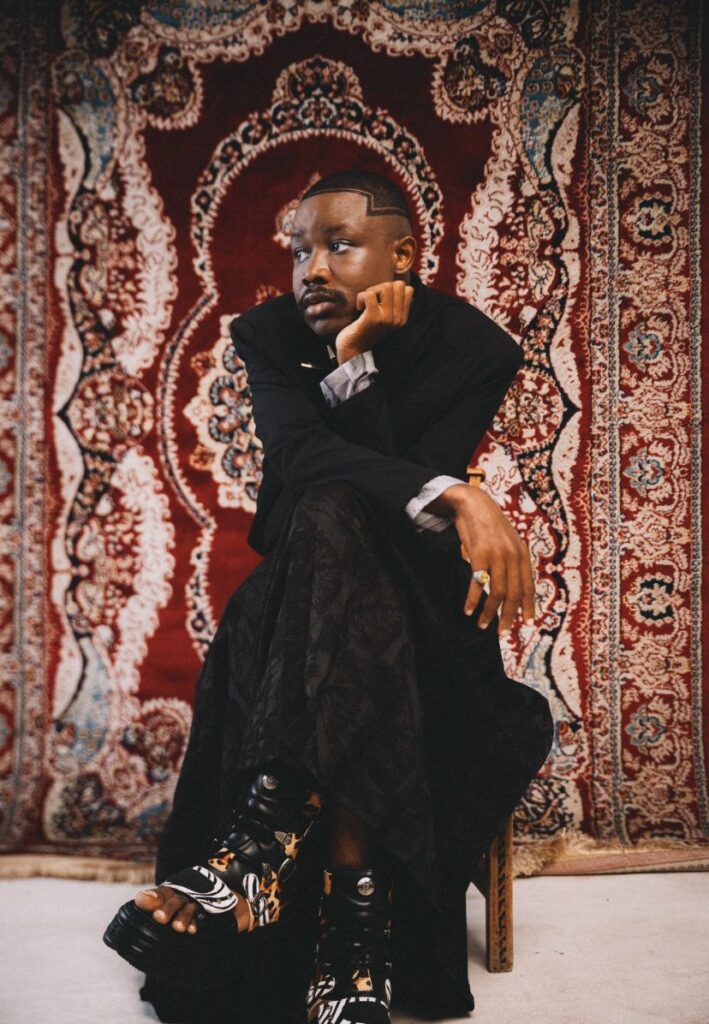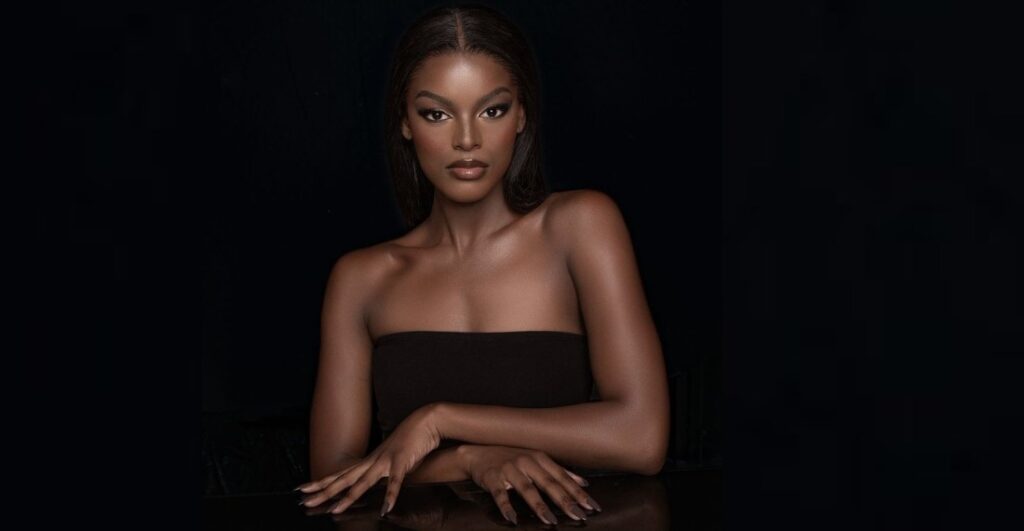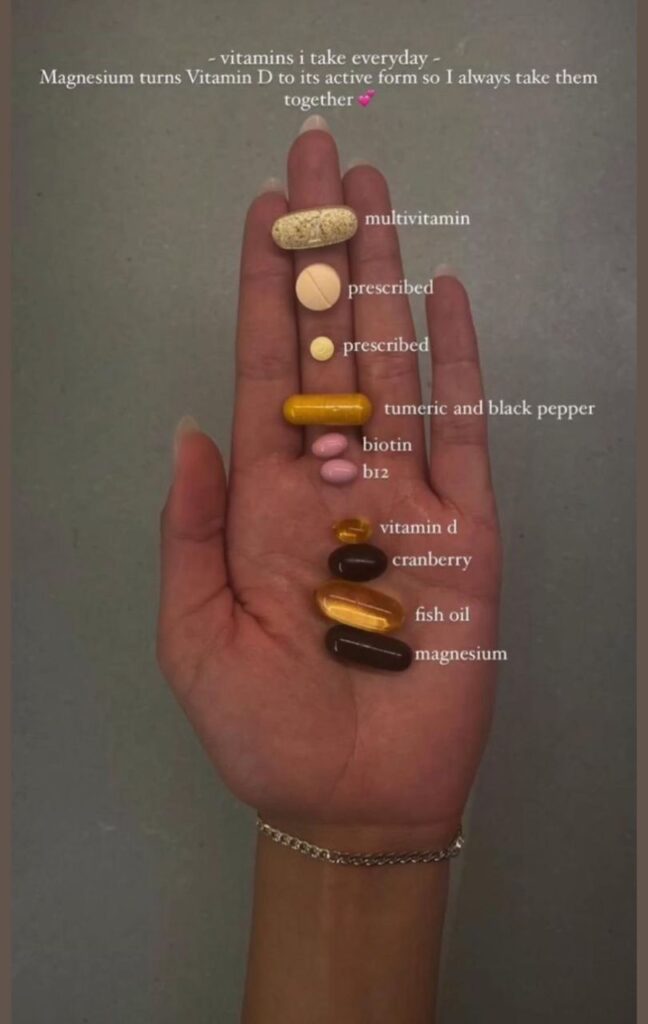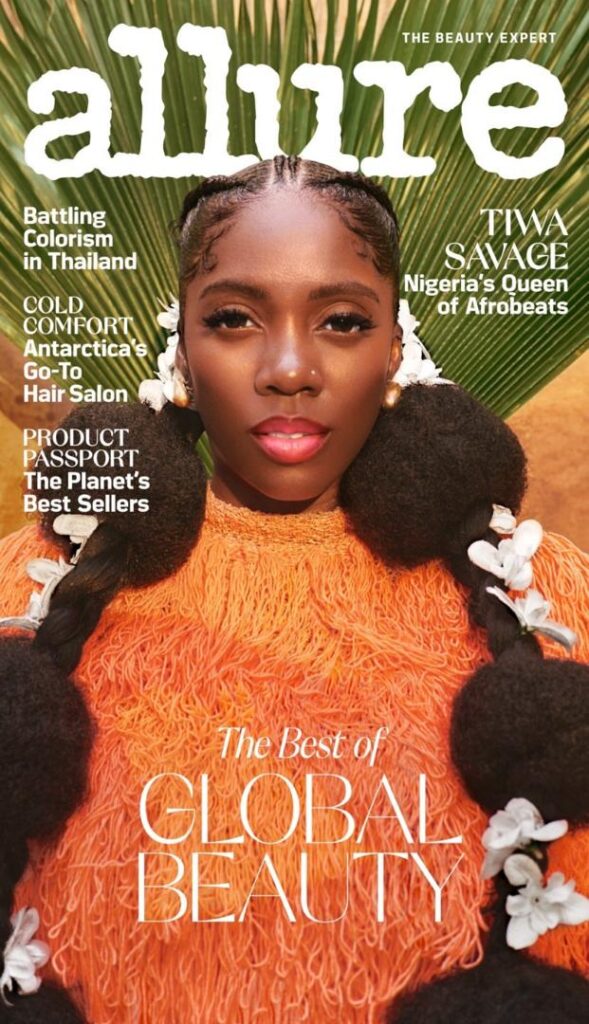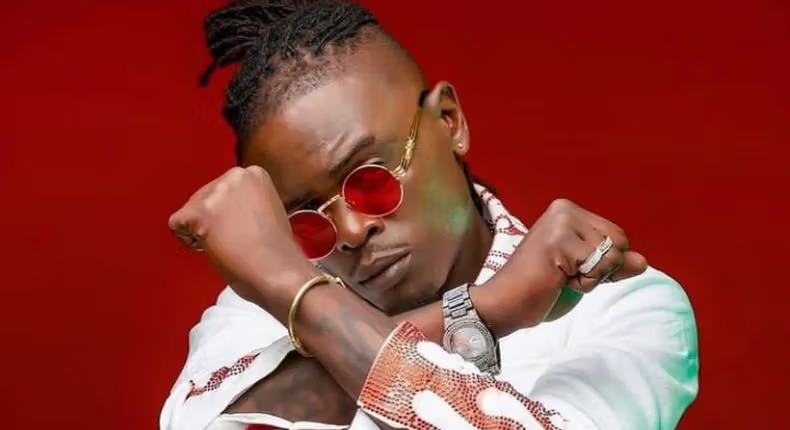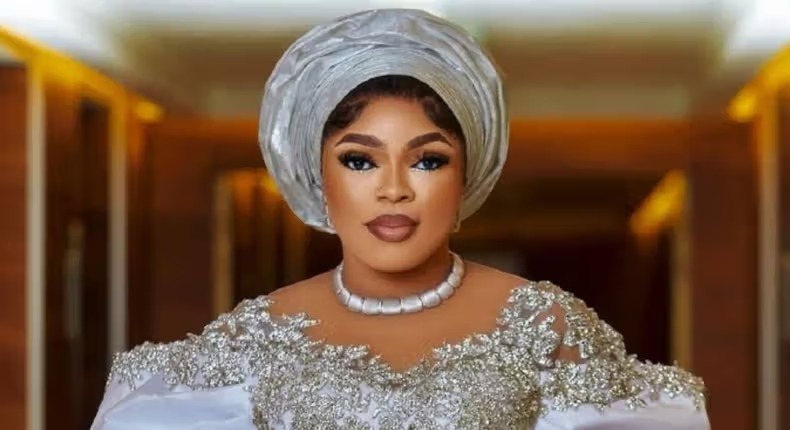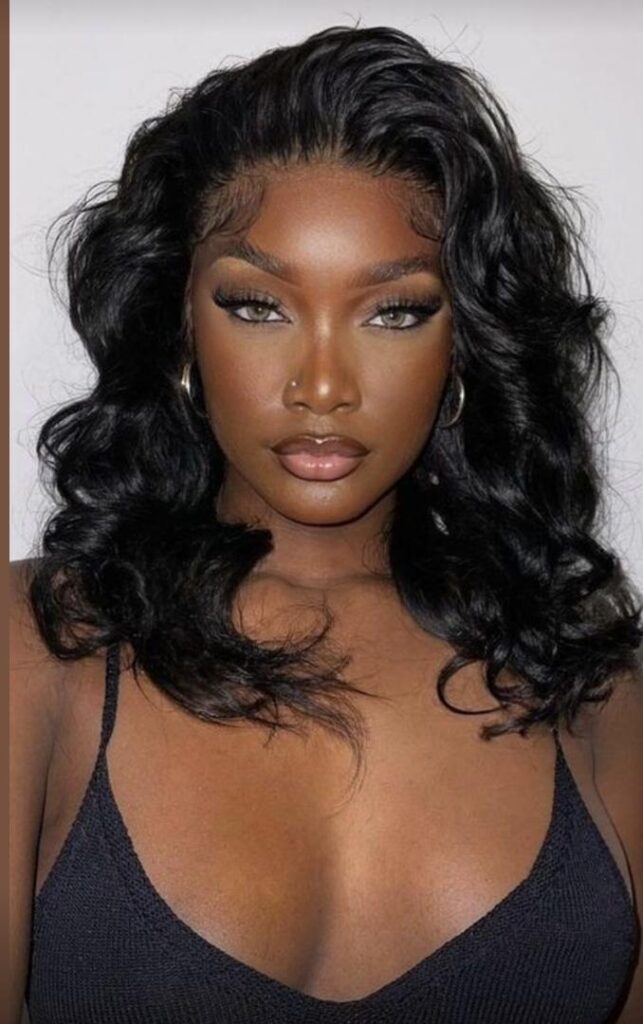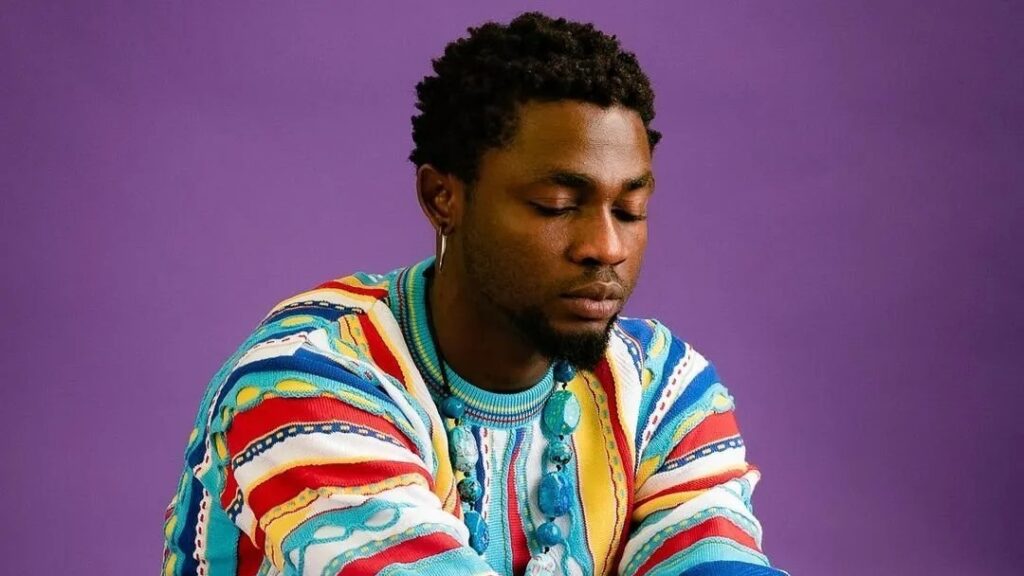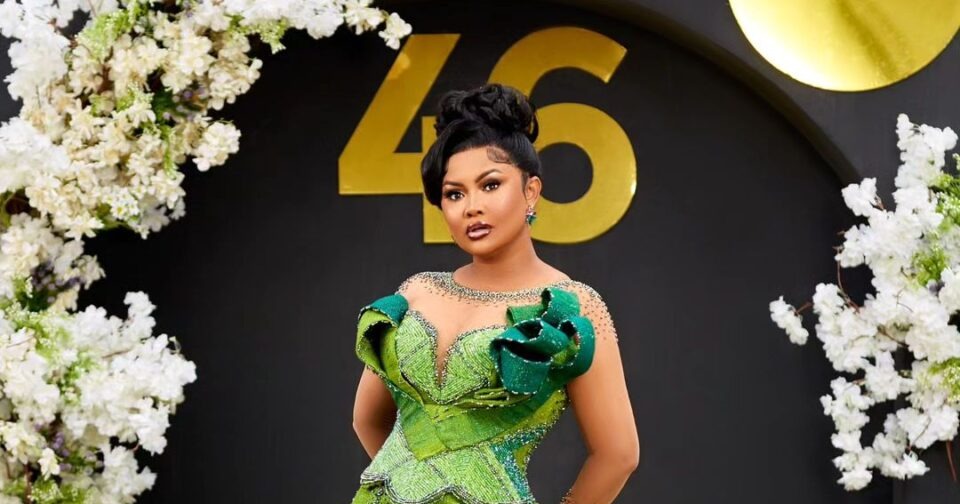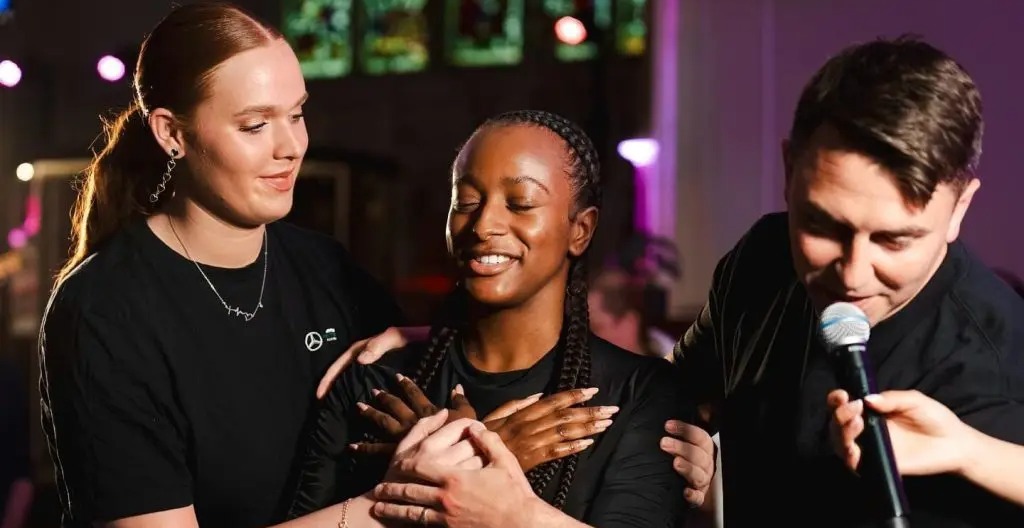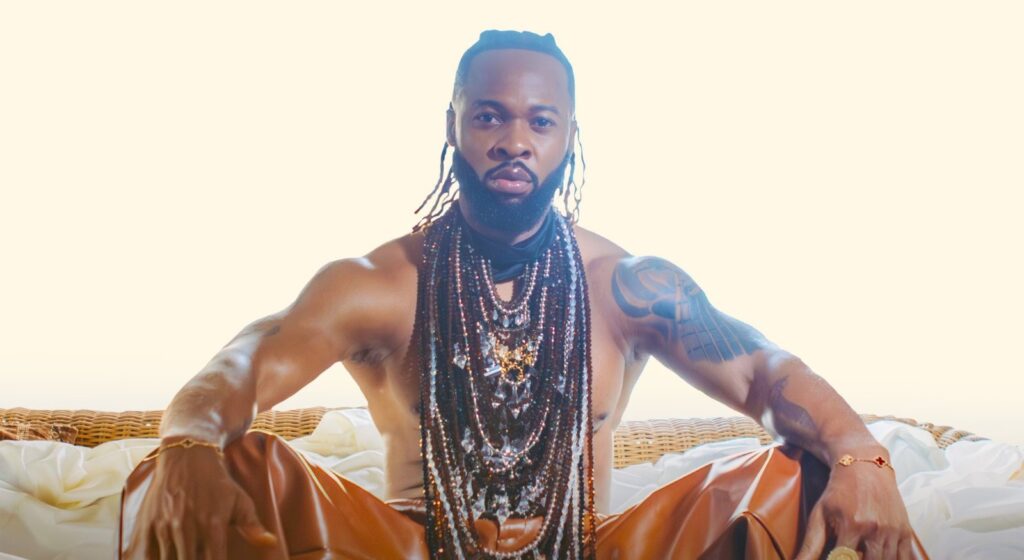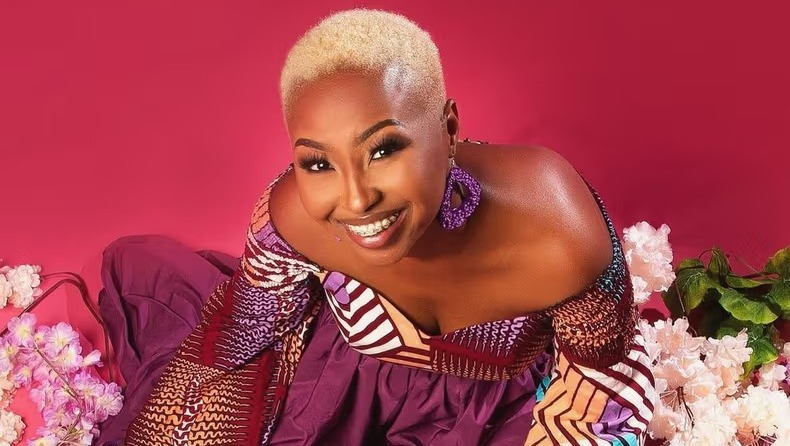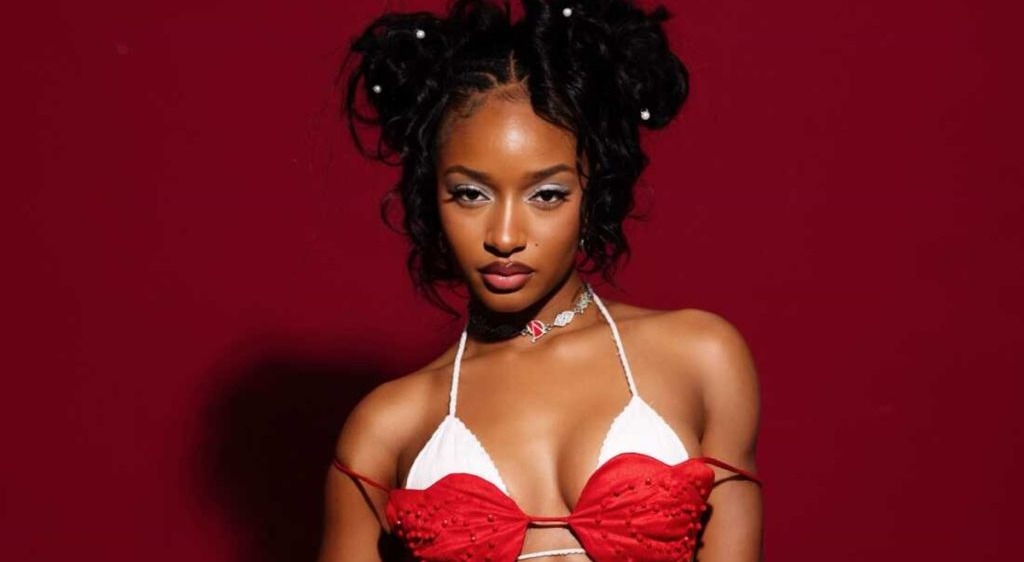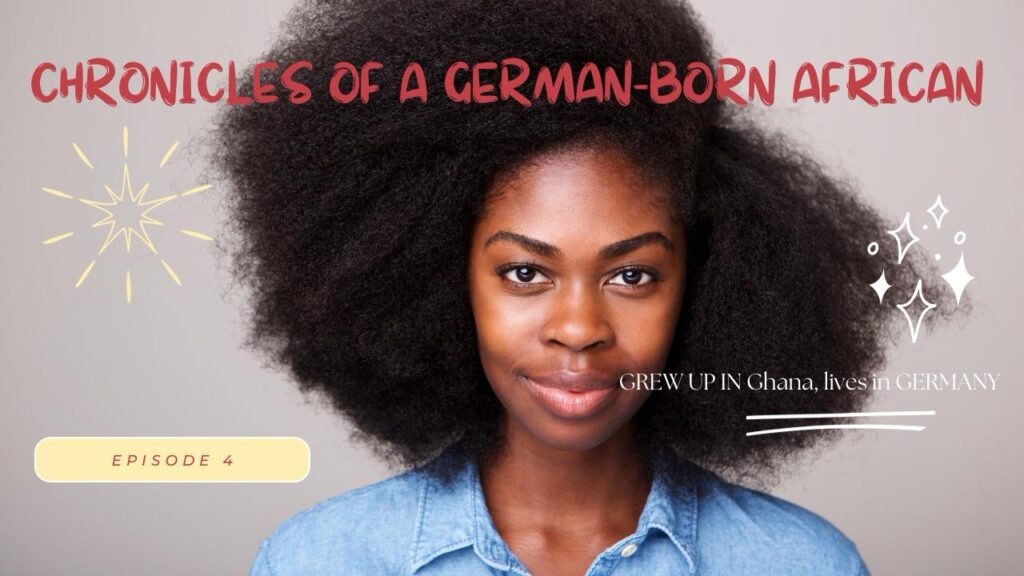Afrobeat: The Ever-Revolving Sound of a Global Revolution.
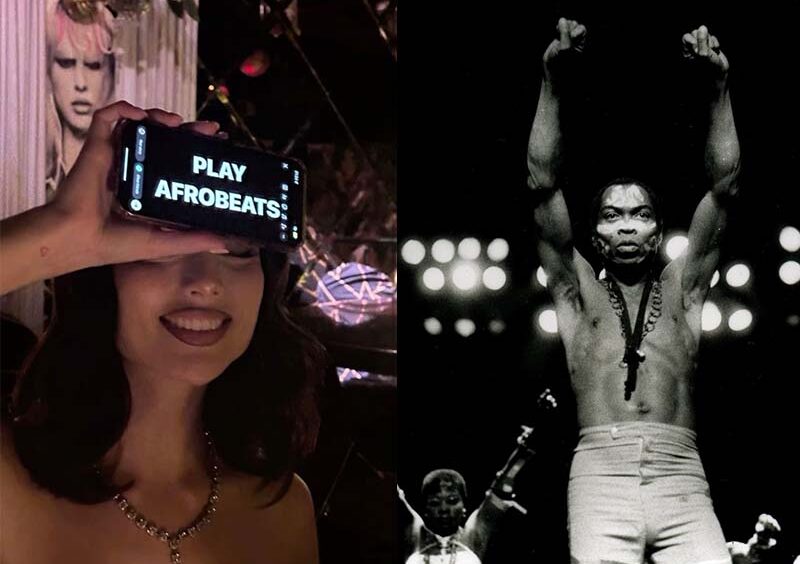
Yes, Afrobeat is not just revolving it’s evolving in ways that reflect both its deep African roots and its growing influence on the global music scene. The genre, which began with Fela Kuti in the late 1960s as a fusion of highlife, jazz, funk, and traditional African rhythms, has undergone numerous transformations, yet it maintains the core elements that make it distinctly Afrobeat: complex rhythms, a blend of traditional and modern instruments, and socially conscious lyrics. But in recent years, it has started revolving around new influences, reshaping itself to fit the modern musical landscape.
The Core of Afrobeat: Tradition Meets Modernity
At its heart, Afrobeat remains true to its origins, especially in its rhythmic complexity and its emphasis on African percussion instruments like the congas, shekeres, and talking drums. However, today’s Afrobeat is far more diverse. It incorporates elements from a wide range of genres, making it a more inclusive and adaptable style. The genre is no longer confined to the borders of Nigeria or Africa but is now interwoven with global music trends.
Artists like Burna Boy, Wizkid, and Tiwa Savage are key figures in this revolution. They are merging Afrobeat with genres like hip-hop, R&B, dancehall, and reggaeton, creating what’s often referred to as “Afrobeats” a term used to describe the more mainstream, internationalized version of Afrobeat. These artists are pushing the genre into new spaces, experimenting with sounds, and collaborating with international artists, while still maintaining an African essence.
Afrobeat’s Global Revolution
In its revolving journey, Afrobeat has crossed continents, entering spaces that were once considered off-limits for African music. For example, Burna Boy’s Grammy win in 2021 for Twice As Tall cemented his place as a global force, but it also signified a moment of pride for the genre as a whole. Similarly, Wizkid’s collaborations with artists like Drake, Beyoncé, and Justin Bieber have introduced Afrobeat to millions who may never have encountered the genre before. These collaborations, while infused with pop and R&B elements, are still grounded in Afrobeat’s rhythmic patterns, instrumentation, and storytelling.
But Afrobeat is not just an export; it is also reshaping global pop music. Songs like Drake’s One Dance or Beyoncé’s Brown Skin Girl feature Afrobeat rhythms and cadences, signaling the genre’s growing influence on mainstream Western music. This “revolving” effect is evident in how Western pop and hip-hop are adopting Afrobeat rhythms, making them palatable to a broader audience while subtly paying homage to the genre’s African roots.
A Shift in Themes: From Politics to Culture
Another aspect of Afrobeat’s evolution is its lyrical themes. Fela Kuti used Afrobeat as a weapon for political activism, often critiquing corruption, inequality, and oppression in Nigeria and across Africa. While modern Afrobeat still carries some of this legacy Burna Boy’s Monsters You Made and 20:10:20 are prime examples the focus has largely shifted. Contemporary Afrobeat is more celebratory, often highlighting love, the hustle for success, wealth, and the beauty of African culture. The genre has become a symbol of African pride, a voice for the diaspora, and a soundtrack for celebrations across the world.
This shift doesn’t mean Afrobeat has lost its revolutionary spirit. The “revolution” now is in how African artists are using Afrobeat to dominate global music spaces, defying the historical marginalization of African art forms. The genre’s global success is itself a form of cultural revolution, showcasing the power of African creativity.
The Future of Afrobeat: Constant Evolution
Afrobeat’s revolving nature doesn’t mean it’s losing its identity; it’s quite the opposite. Afrobeat is constantly evolving, revolving around new sounds while remaining grounded in its core elements. The genre’s future seems boundless, with more collaborations, cross-genre experimentation, and mainstream appeal on the horizon. The younger generation of artists is already taking the reins, ensuring that Afrobeat remains dynamic and adaptable.
Afrobeat is indeed revolving, constantly circling back to its roots while simultaneously expanding into new territories. It’s evolving into a global force, influencing music worldwide and creating a new wave of African pride. As Afrobeat continues to grow, it is not just the sound of Africa; it is the sound of a world that is becoming increasingly interconnected through music. Afrobeat’s revolution is far from over it’s just getting started.

 English
English 